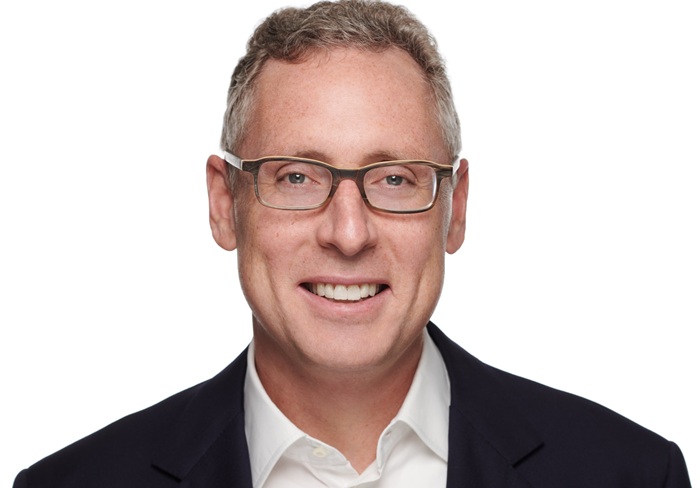Social Capital in Action
| June 12, 2025 7:15 am
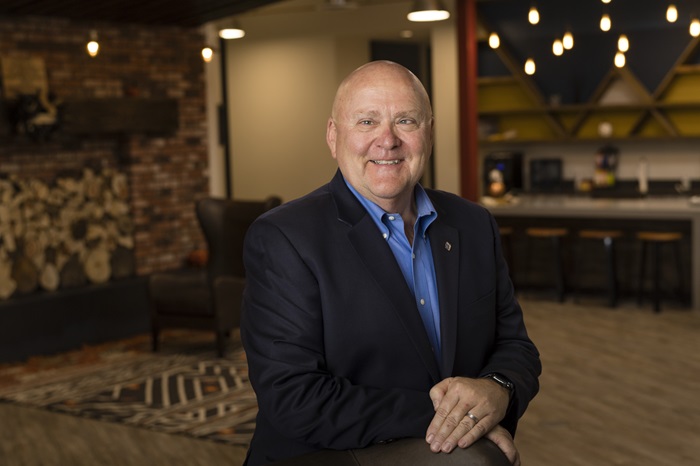
It’s not possible to run a successful Social Capital company without being 100% committed. That’s why Garry Ridge went all-in when he joined WD-40 Company, maker of the lubricant many Americans have in their garages, with the goal of turning it into a fully global brand.
“You may have heard the story about the man who made progress on his epic life’s journey by ‘throwing his hat over the wall,’” he recounts in his new book with co-author Martha Finney, Any Dumb-Ass Can Do It. “By throwing his hat over every wall he encountered that threatened to block his progress, he had no choice but to scale that wall to retrieve it. And then carry on.” In that spirit, Ridge sold his house in Australia, moved to San Diego and soon rose to CEO, learning to tap into the will of the company’s people to achieve the company’s global vision. Read more in in “Your Employees Are Living and Breathing the Magic Formula for Your Company’s Success. Are You Paying Attention?”
Stephan Jacob allows his beliefs to inform how he runs the company
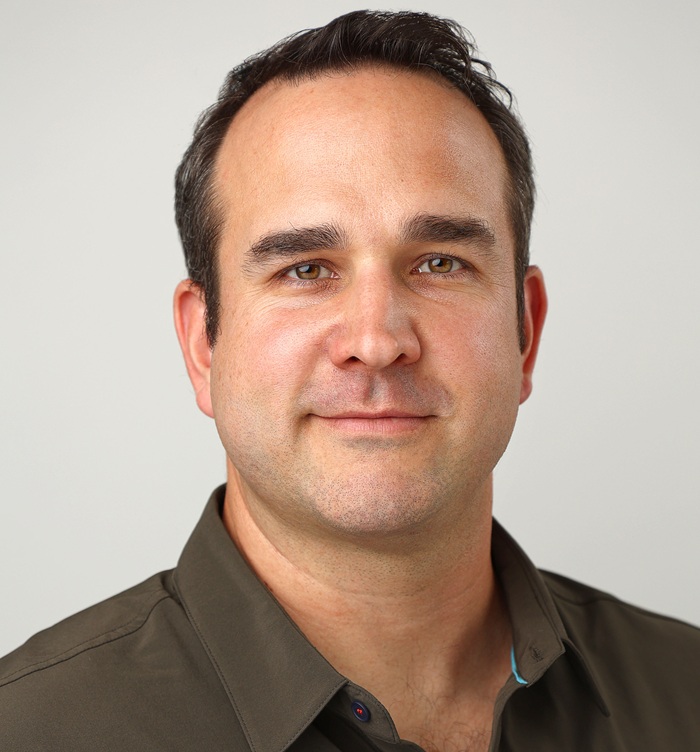
“The notion that ‘you can’t talk about religion at work’ never resonated with me,” says Stephan Jacob, co-founder and chief global officer of outdoor-gear brand Cotopaxi. He’s an elder at a Presbyterian church where, he says, the guiding principle is “No matter where you are in your journey of faith, you are welcome here.” Rather than separate his life into boxes, he allows his beliefs to inform how he runs the company. One case in point: Cotopaxi’s Life Hikes, held every two weeks. “One Cotopaxi team member gets ‘on stage’ to share their life story, however they deem fit,” he says. “Everybody else just listens. I can’t tell you how proud and grateful I am for the candor with which our team has shared their life experiences, struggles, faith and all, and the wonderful, judgment-free reception and outpouring of love by fellow team members in the audience!” Read more in “Who’s Keeping the Faith at Work? A Whole Lot of Business Leaders!” (Published on June 4, 2025)
Brandon West’s six dimensions of wellness
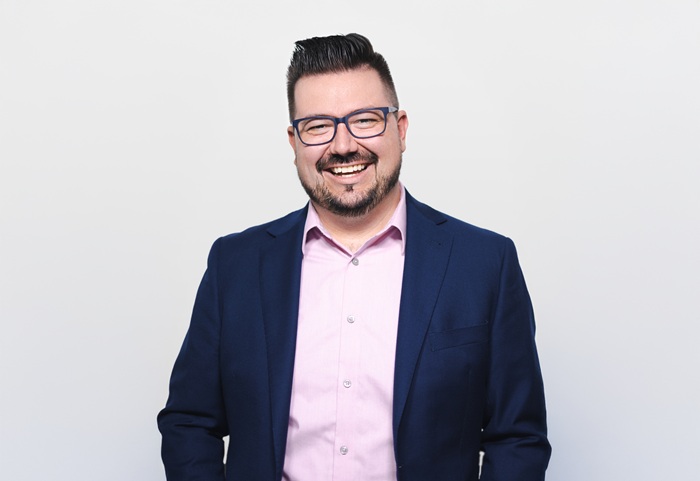
Founder Brandon West’s agenda is to build his marketing company around the concepts of trust and well-being. He’s off to a running start at PHOS, where he also lists himself as chief purpose officer. The agency has identified six dimensions of wellness: financial, intellectual, physical, spiritual, emotional and relational. It’s fitting for a Social Capital company that helps raise awareness of issues such as human trafficking. Read more at “PHOS Creative’s Mission is to Fight Poverty and Trafficking While Building Brands.” (Published on May 29, 2025)
Learn how Accenture is keeping the faith at work
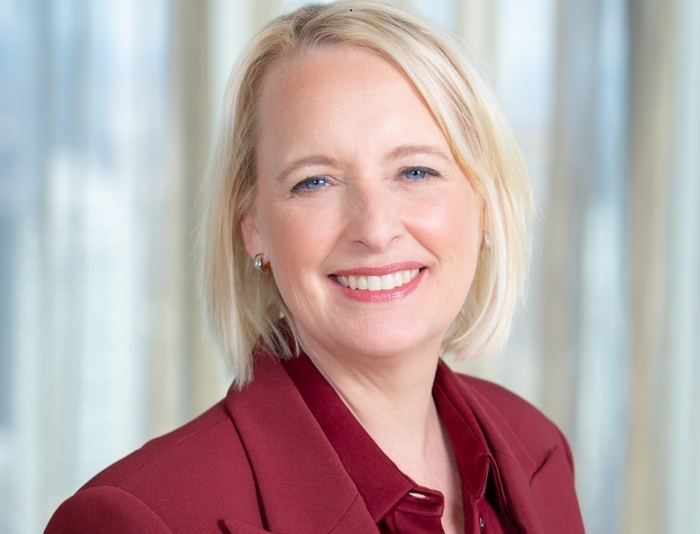
It used to be that religion and politics were verboten in the office. That’s changed, and more employers are encouraging employees to be open about their religious identity as part of building an inclusive workplace. Accenture is one example. Under the leadership of Julie Sweet, CEO, this exemplar of Social Capital values facilitates interfaith dialogue through the Interfaith Resource Group, faith-based events and celebrations, religious accommodations and an active commitment to diversity and inclusion. Read more at “Who’s Keeping the Faith at Work? A Whole Lot of Business Leaders!” (Published on May 22, 2025)
At Kendra Scott, every employee is a “CEO of their location.”
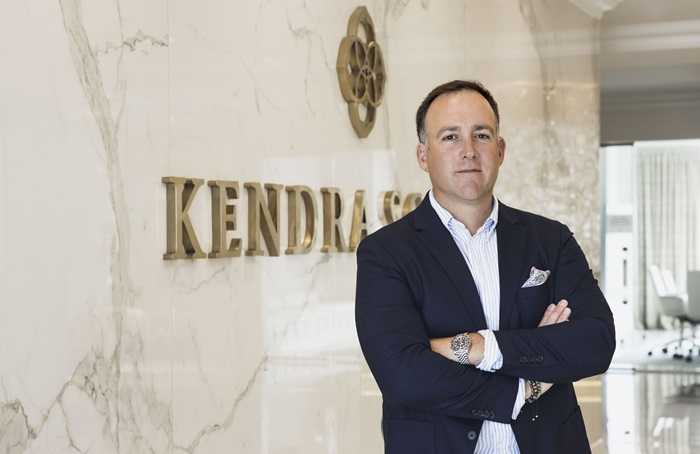
At accessories maker Kendra Scott, every employee is a “CEO of their location.” Tom Nolan, CEO of the company, gives them the autonomy to customize experiences that resonate with their local communities. That ensures employees feel heard, and the company benefits from the experience of everyone on their team. “Whether in our retail stores or at headquarters, we encourage employees to take smart risks, learn from challenges and continuously grow in their roles,” he says. Learn more about Kendra Scott and other Social Capital companies that are prioritizing the empowerment of employees in “Why Empowering Others In Business Has Never Been More Important.” (Published on May 15, 2025)
Read about Delta and other Social Capital companies that are prioritizing the empowerment of employees
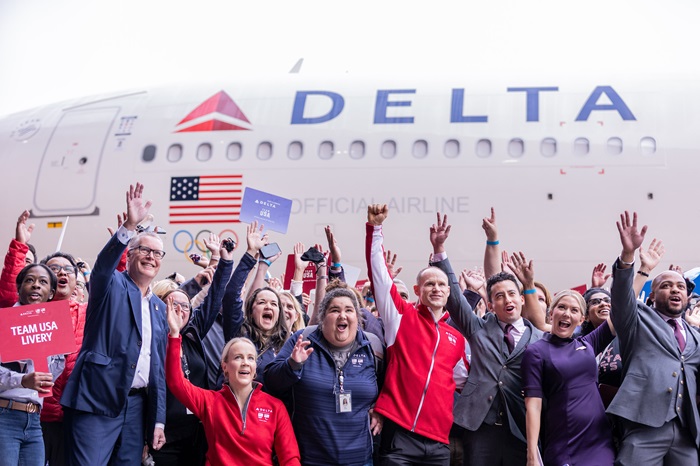
(Casey Sykes/ Rank Studios)
Empowering employees starts with listening to them. That is baked into the culture of Delta Air Lines, where CEO Ed Bastian and his leadership team are constantly seeking feedback from employees. One of Bastian’s favorite events is VELVET, an annual event where frontline people around the world are able to connect with colleagues and leaders in the company. The company also actively seeks feedback through its annual Employee Engagement Survey. Read about Delta and other Social Capital companies that are prioritizing the empowerment of employees in “Why Empowering Others In Business Has Never Been More Important.” (Published on May 8, 2025)
It’s all about relationship building, says Bob Glazer
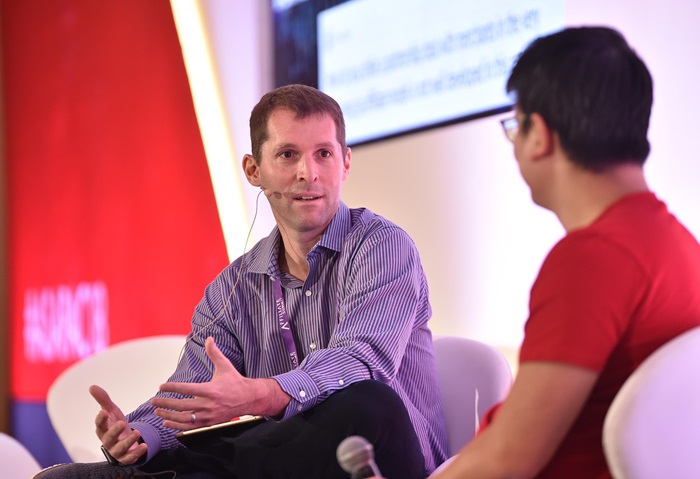
In a world where empathy is often in short supply, Social Capital leaders have an opportunity to stand out by embracing it. Bob Glazer, founder of Acceleration Partners, offers many ideas on how to do that in “Empathy in the Workplace Isn’t About Being a Pushover, According to Bob Glazer.” It’s all about relationship building, as he sees it. “You need the performance and the objectives, but you also need the relationships,” he says. “Those allow you to have nuanced conversations.” (Published on May 1, 2025)
Debbie Kovesdy aims to create a company where she would love to work
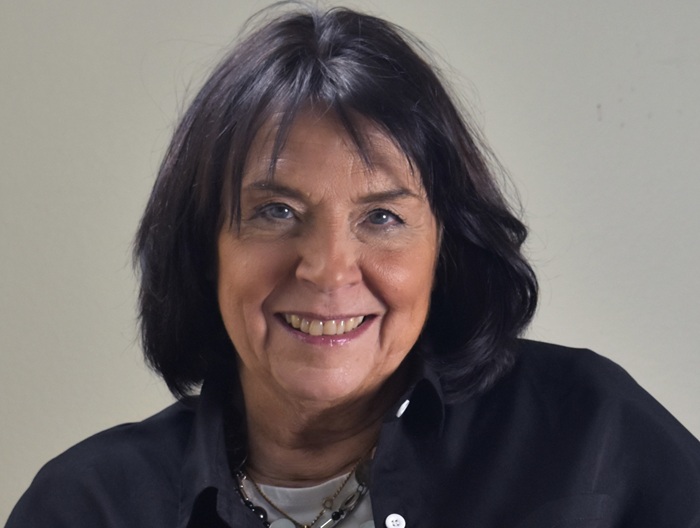
At GenTech, founder and CEO Debbie Kovesdy aims to create a company where she would love to work. That includes welcoming employees with all family structures and considering their personal needs. Many of her employees socialize outside of company time and attend large company gatherings with enthusiasm and pride. GenTech also invites employees’ children to its KidsTech programs on a complimentary basis to ease the burden of childcare and provide a valuable learning experience. Says Kovesdy, “GenTech has always prioritized family values within our company culture.” Read more of her ideas in “Five CEOs Who Respect Family at Work Explain Why.” (Published on April 24, 2025)
‘It was not us helping the community; it was going to be more of a collaboration.’
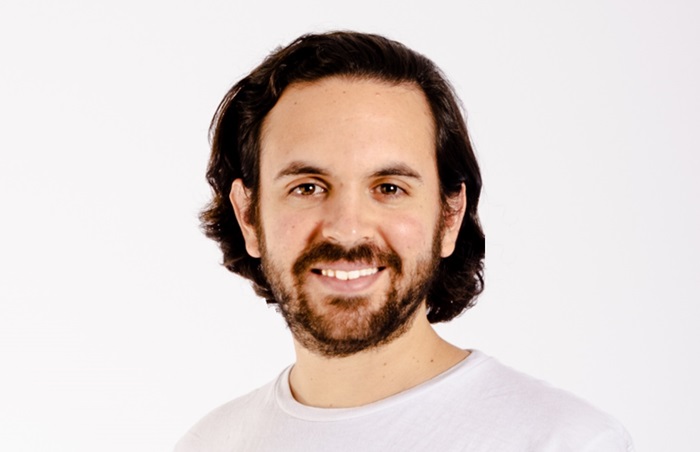
Antonio Nuno’s goal is to be the bridge to help people out of poverty through their own talents. His business, Someone Somewhere, is a retail brand that works with artisans in remote villages in Latin America, helping them sell their unique wares. He and his two co-founding best friends realized “it was not us helping the community; it was going to be more of a collaboration.” They’ve scaled up. Read more, and watch his interview with Chris Benguhe, founder of the Dave Alexander Center for Social Capital, at “Visionary Entrepreneur Unlocks Global Market for Artisans in Remote Villages.” (Published on April 17, 2025)
It’s the follow-through that counts
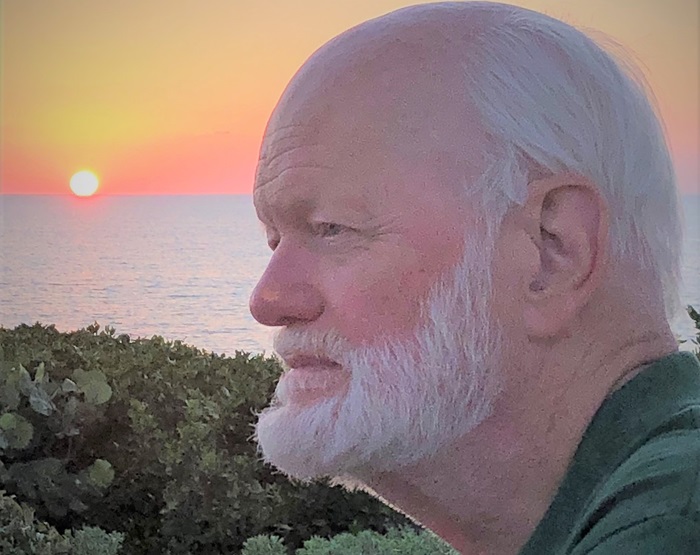
Many leaders think once they’ve shared their vision, their work is done. But as Marshall Goldsmith puts it in “Authentic Leadership: Beyond Checking the Box,” it’s the follow-through that counts. “Authenticity in leadership isn’t about making statements — it’s about ensuring those statements translate into real actions and lasting change,” he writes. Ultimately, it’s not just about sending the memo — it’s about making sure the recipients have read and understood it, he explains. If you are looking for better ways to execute your company’s vision, this piece is chock full of actionable ideas. (Published on April 10, 2025)
Amy Lemire on establishing trust through empathy and vulnerability
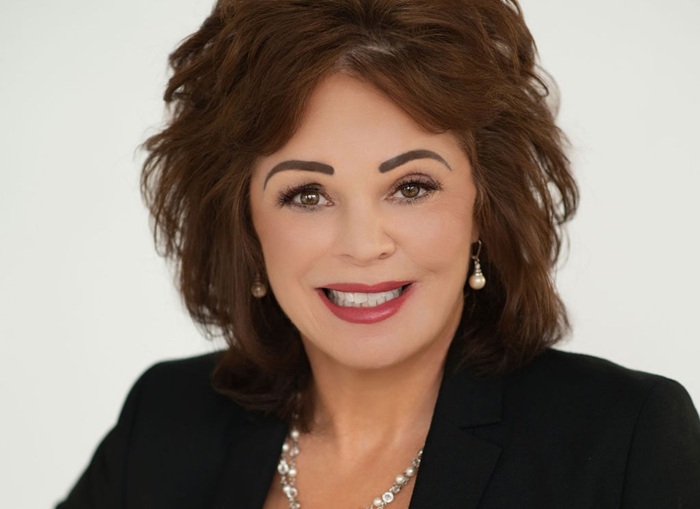
Amy Lemire survived a serious childhood accident that forced her to undergo a series of reconstructive cosmetic surgeries. Years later, she’s a sought-after sales trainer and consultant. At Aim Training & Consulting, she taps into what she learned through those experiences, helping leaders “be more, make more and sell with more confidence and momentum.” Establishing trust through empathy and vulnerability is a big part of this. So is mentorship. To learn more about her approach to Social Capital leadership, read “Amy Lemire Brings a Survivor’s Spirit to Her Work Inspiring Leaders and Teams.” (Published on April 3, 2025)
Allianz Life Insurance goes the extra mile to support employees’ families
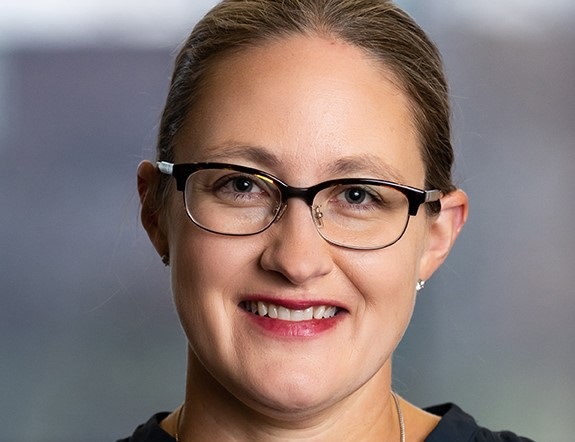
Families are the heart of society. Many Social Capital companies realize that and are making it clear they understand this through family-friendly policies. Sometimes, it’s the practical support that matters most. At Allianz Life Insurance, for instance, benefits are carefully tailored to the needs of employees and their families. There is an onsite health clinic for all benefits-eligible employees and their dependents. “It is incredibly convenient for everyone, especially for parents who have sick little ones and want to avoid urgent care or the emergency room,” notes Jasmine Jirele, president and CEO. That’s Social Capital in action. Read more in “Five CEOs Who Respect Families at Work Explain Why.” (Published on March 27, 2025)
‘Engaging with others as equals changes the tenor of every business interaction’
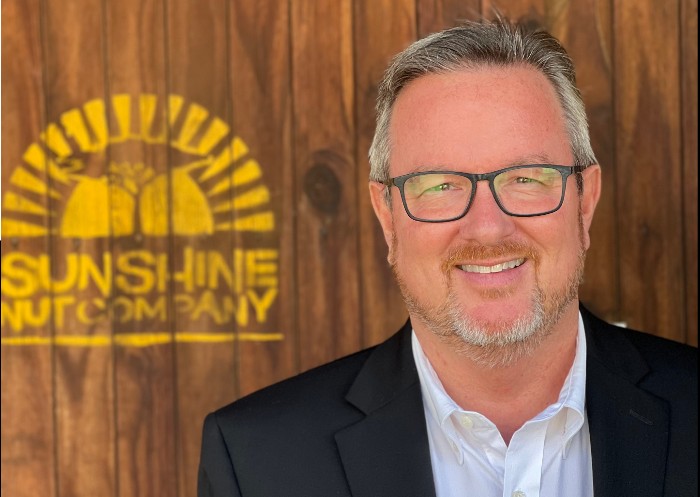
Working in remote villages in Mozambique, Don Larson, founder and CEO of Sunshine Nut Company, has found one thing is universal around the world: “No matter where people live or how much they have, they want to be treated with dignity, honesty and fairness,” he says. “Authenticity isn’t just about words — it’s about showing up with genuine intent and consistency in how we engage with others.” Engaging with others as equals changes the tenor of every business interaction, according to Larson, who explains, “[T]heir entire demeanor shifts — barriers dissolve and real collaboration begins.” Read his perspective in “Authenticity Rules: Business Leaders’ Tips on How to Be Real – and Why.”(Published on March 20, 2025)
‘In the world of hourly hiring, people hire people, not algorithms’
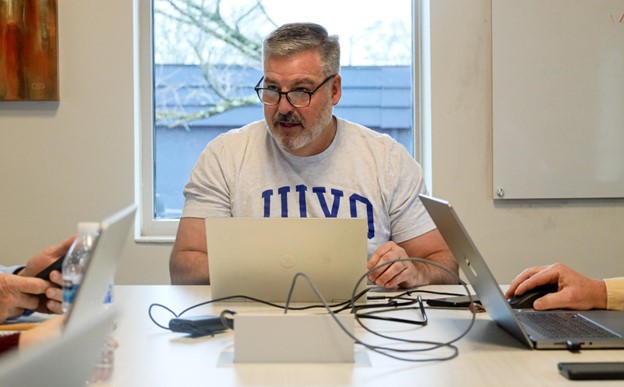
Inspired by his children’s experiences working in hourly, entry-level jobs, Mark Emery launched Juvo Jobs, an Atlanta startup that helps workers find employment in their community and fosters local hiring. “[I]n the world of hourly hiring, people hire people, not algorithms,” says Emery. “Many of the best hires come from moments of genuine connection, where candidates have the chance to show their personality and skills. Particularly for hourly positions, attitude and reliability are often as important as experience.” He shares powerful takeaways in “Here’s What I Learned From My Children’s Experiences as Hourly Workers — and Why They Inspired Me to Start My Business.” (Published on March 13, 2025)
Learn how Authenticity informs the portfolio of Southeast Acquisition Capital
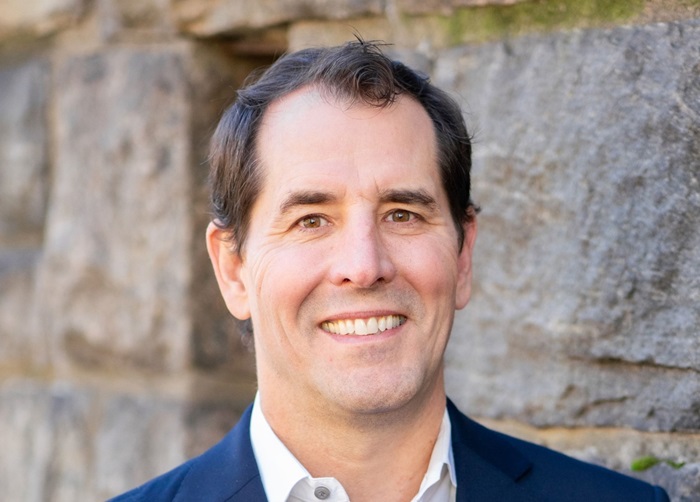
“Authenticity isn’t a policy you draft; it’s the architecture of a business, built layer by layer through decisions, actions and culture,” says Michael Brady, founder of Organic Food Incubator and operating partner at Southeast Acquisition Capital. “While new initiatives can signal intent, authenticity gains its strength from consistency over time — from the daily behaviors that become the heartbeat of an organization.” That perspective informs the portfolio of Southeast Acquisition Capital, made up of employee-owned businesses. To find out more, check out “Authenticity Rules: Business Leaders’ Tips on How to Be Real – and Why.” (Published on March 6, 2025)
The 12 + 1 words that Dave Alexander uses to define authenticity
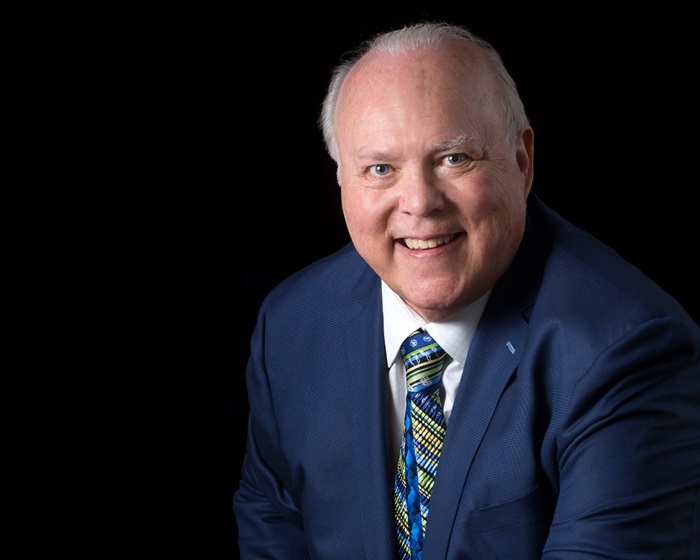
Dave Alexander, founder and managing member of Caljet of America, defines authenticity by the 12 words of the Scout Law: Trustworthy, Loyal, Helpful, Friendly, Courteous, Kind, Obedient, Cheerful, Brave, Clean, Thrifty and Reverent. Since he became an Eagle Scout, he has added one more word: Communication — “to help teach the Law to others and make the world a better place,” explains Alexander. “If you are authentic, people you interact with will know who you are, and all in your circle of acquaintances will have a better life!!!” Read more in “Authenticity Rules: Business Leaders’ Tips on How to Be Real – and Why.” (Published on February 27, 2025)
Jill Koziol: Leading with empathy creates an environment where everyone feels seen, heard and valued
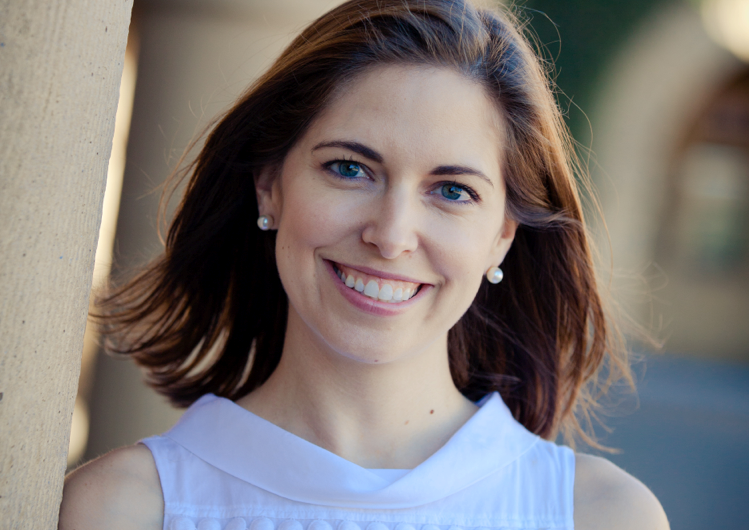
As Jill Koziol puts it, “Empathy is the ability to deeply understand and share the feelings of another.” Koziol, co-founder, board director and former CEO of Motherly, embraces empathy not just as a leadership skill but as an “ethos,” as she shares in “The Empathy Emergency: Successful Business Leaders Need It Now More Than Ever.” Leading with empathy creates an environment where everyone feels, seen, heard and valued, as she goes on to explain. If you’re looking to deepen your own empathy, you won’t want to miss this piece. (Published on February 20, 2025)
CEO Ed Bastian has a lovely Valentine’s Day gift for Delta employees

(Casey Sykes/ Rank Studios)
Delta Airlines has been on the front lines of prioritizing its employees’ financial wellness. The latest example: Delta employees will receive an average of five weeks’ pay in profit sharing. The bonuses will come on Valentine’s Day, and what’s not to love if you’re a Social Capital leader looking for best-practices to emulate. Read more of Delta CEO Ed Bastian’s ideas in “Five CEOs Who Empower Others — And How!” (Published on February 13, 2025)
Rachel Romer is working with the nation’s largest employers to help build the middle-class life
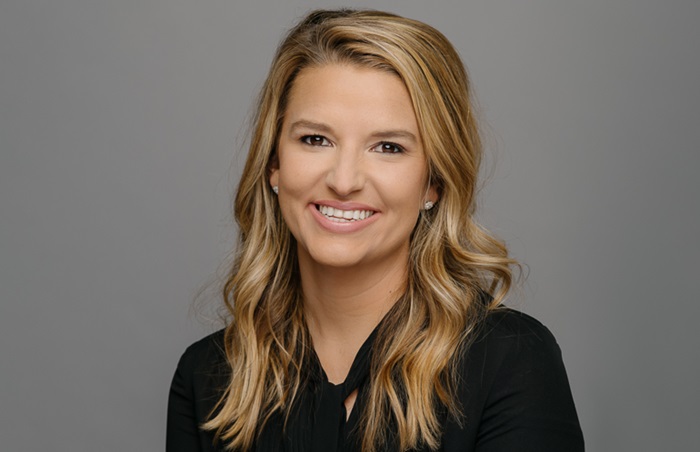
Rachel Romer has devoted her life to breaking the cycle of poverty. Seeing in childhood that the No. 1 predictor of building a middle-class life was access to school without suffocating debt, she has devoted herself to making that possible at Guild, which works with the largest employers in the country to help them offer education and upskill their workforce. She’s teamed up with employers such as Disney, Chipotle, Lowe’s and Walmart. Check out “Helping Employees Break the Paper Ceiling Turned Into a Billion-Dollar Idea” for more of Romer’s inspiring story.
What business leaders can learn from Julie Sweet’s approach to lifelong learning

It’s never been more important for leaders and their teams to double-down on lifelong learning. Julie Sweet, chair and CEO at Accenture, has made this vastly easier for her team. As Anthony Capuano, president and CEO of Marriott International, noted in nominating her for our “Top People-Centric Business Leaders” list, “Under her leadership, Accenture invested over $840 million in learning and professional development in just one year, expanded parental leave policies, and championed diversity and inclusion initiatives. She has focused on responsible business practices, including sustainability and digital ethics, and significantly contributed to the Bridges from School to Work program by serving on its board of trustees, where she advocates for programs that support young people with disabilities in their transition from school to the workforce.” Her approach offers many valuable ideas for Social Capital leaders. Read about it in Top People-Centric Business Leaders Pick the Best Leaders of 2024! (Published on January 30, 2025)
Why Anthony Capuano thinks helping displaced people restart their lives is good for business
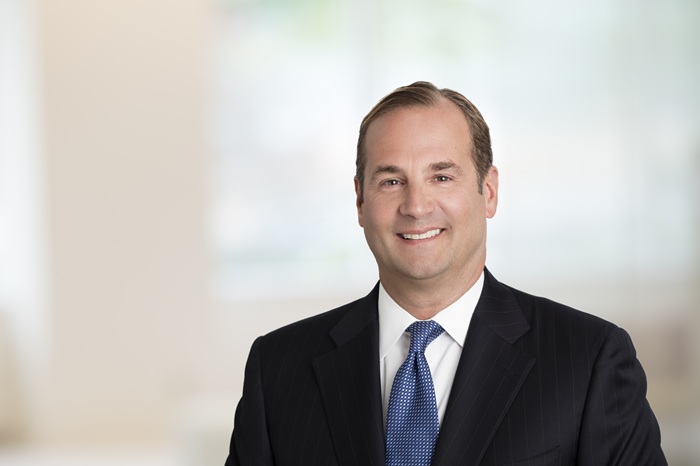
There are 120 million displaced people worldwide. Anthony Capuano, president and CEO of Marriott International, and David Miliband, president and CEO of International Rescue Committee, are helping them restart their lives. They are urging business leaders to work with local refugee resettlement agencies to share job openings, creating an important first step. As they note, “When the private sector recognizes and celebrates the contributions of newcomers to communities and businesses, it’s both good for business and helps to create a more welcoming world for all.” Learn more about their work together in “Business is the Ultimate Community Organizer.” (Published on January 23, 2025)
Sunshine Nuts founder is leveraging Hershey learnings to help subsistence farmers

Bringing what he learned as a Hershey executive to his role as CEO and founder of Sunshine Nuts, Don Larson has created life-changing opportunities for subsistence farmers in Mozambique by establishing community farms that give smallholders land ownership for the first time. “In each village we’re in, we’ve got the nursery, the farm and the factory, but then we had a transformation center, a subsidized store, and Sunshine homes where we take care of vulnerable women matched up with orphan children,” Don says. “So, it’s a very complex system, but it’s a complete system that allows us to raise the standard of living quite substantially.” To learn more about how he’s helping these farmers find a way out of abject poverty, read “Don Larson’s Holistic Business Model Is Transforming Lives in Africa.”
Payam Zamani tries to infuse every deal with “spiritual capitalism”
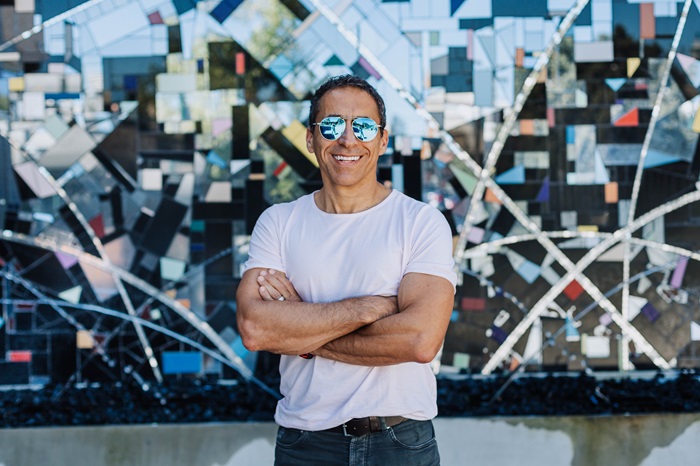 Business isn’t just business for Payam Zamani, CEO of private equity group One Planet Group. He tries to infuse every deal with “spiritual capitalism.” “I’m going to be very clear that I’m not a socialist, I’m not a communist,” says Zamani. “I want to build very successful businesses, but I want these businesses to be created with a profit in mind but with no loss to humanity. So, it can only help humanity.”
Business isn’t just business for Payam Zamani, CEO of private equity group One Planet Group. He tries to infuse every deal with “spiritual capitalism.” “I’m going to be very clear that I’m not a socialist, I’m not a communist,” says Zamani. “I want to build very successful businesses, but I want these businesses to be created with a profit in mind but with no loss to humanity. So, it can only help humanity.”
His focus on giving back — shaped by his youth, when he was smuggled out of Iran as a teenager because of religious persecution — includes what he calls “sacrificial giving.” Read about it in “From Adversity to Achievement, Payam Zamani has Created an Oasis of Success for Others.” (Published on January 9, 2025)
Read about how Don Larson is helping exploited farmers in Africa

Don Larson, a former Hershey executive, has helped to bring the Hershey business model to a location far from Hershey, Penn. — Mozambique. As founder and CEO of Sunshine Nut Company, he is addressing exploitation in the cash-farming industry through the establishment of community-owned farms and a vertically integrated supply chain. The result has been an operation that raises the bar on subsistence farming while creating premium products. Read his story in “Don Larson’s Holistic Business Model Is Transforming Lives in Africa.” (Published on December 19, 2024)
Bob Glazer shares insight into how Social Capital leaders can incentivize great employees to stay

Few conversations inspire more dread in either employees or leaders than when an employee says, “I quit.” In “Saying ‘Buh-bye’ to Two Weeks’ Notice: Rethinking the Dreaded Employee Exit,” Bob Glazer, founder and board chairman of Acceleration Partners, offers an alternative: creating an emotionally safe workplace where employees feel free to openly discuss their concerns before they reach the point of quitting. As Glazer — who served 15 years as CEO — puts it, “Employees who don’t feel they can be honest may keep their true feelings to themselves, even to the point of lying outright, right up to the day they quit. It’s understandable. Behavior follows incentives, and in this case, the employee has an obvious incentive to keep quiet and hold on to their job until they have a new one.” He offers valuable insight into how Social Capital leaders can incentivize great employees to stay. (Published on December 12, 2024)
‘I’ve always felt like walking away would be selfish’
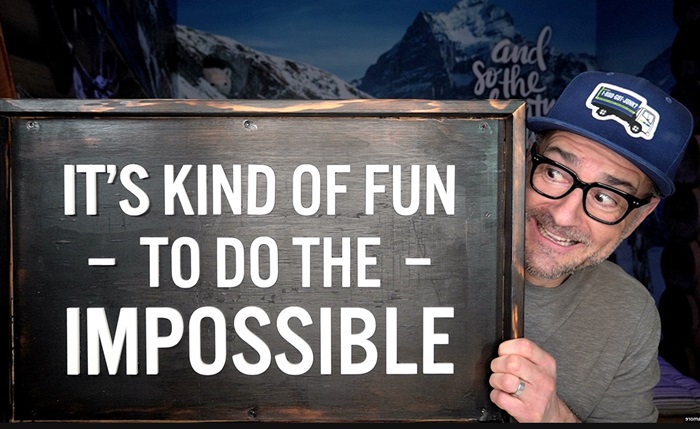
Brian Scudamore, founder of 1-800-GOT-JUNK?, embodies the entrepreneurial spirit — but knows that even founders get tired sometimes. For him, however, despite the challenges of building that startup into an ever-expanding empire, he’s not keen on the idea of exiting. In “Why Exit When Running Your Company Is So Much Fun?” he explains the reason. “For me, I’ve always felt like walking away would be selfish,” he writes. “I’ve got a bigger purpose. A grander plan. And on many occasions along the way, I’ve been offered large amounts of cash — so I was tested on this belief (I turned down an early-day $100 million offer!). I think it comes down to understanding what my purpose is and what makes me happy.” If private equity firms or other investors have been circling your firm but something is holding you back from selling, check out his piece. It may remind you of why you got started in the first place and help you decide if there’s still work to be done at your firm — by you. (Published on December 5, 2024)
Hear what Brian Niccol is ‘really proud of’
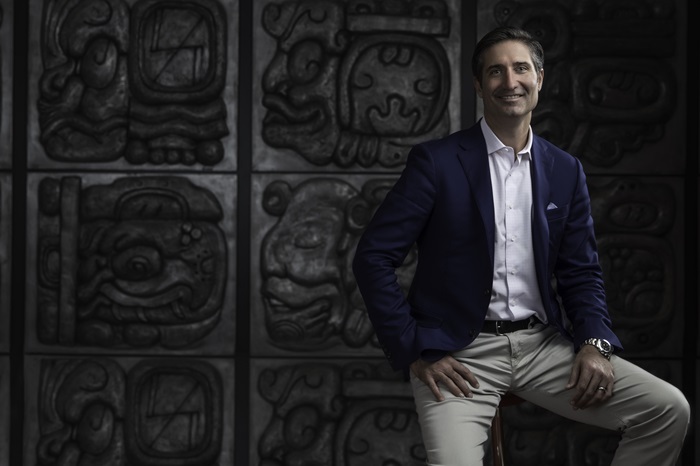
Brian Niccol was at the top of the headlines when he became the new CEO of Starbucks. We’ve been following him closely since he turned Chipotle into the embodiment of a people-centric Social Capital company. “It’s one thing to say we’re trying to be better, another thing to actually demonstrate that you are getting better,” he told us when he was in the midst of transforming Chipotle. “And I’m really proud of that. And when you spend time with, whether it’s our employees talking about the work we’re doing with a young farmer or helping a farm move to regenerative farming or organic soils, it lights up our employee because they get excited about the food and our company at another level. I think it excites our customers when they start to discover we really are trying to make ‘food fast’ done differently.” We’re looking forward to seeing what he does at Starbucks. Meanwhile, if you’re looking for a glimpse of Social Capital in Action, check out “The Words Brian Niccol Shared With Us While at Chipotle Bode Well for Starbucks.” (Published on November 21, 2024)
‘Everybody is someone’s precious child’
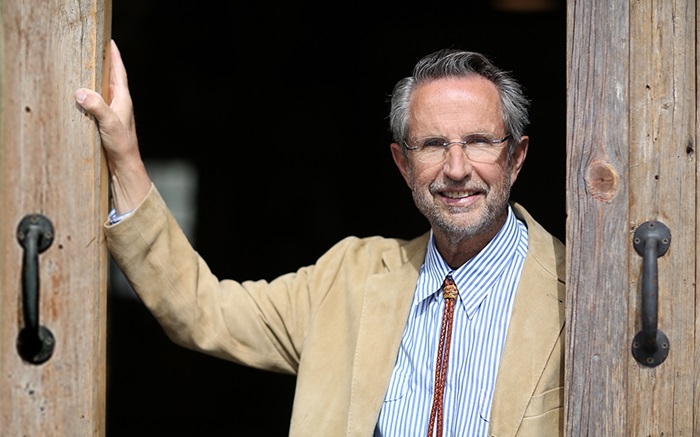
“Everybody is someone’s precious child,” says Bob Chapman, Barry-Wehmiller’s CEO. Rejecting the common corporate approach of using people for organizational success and devaluing them as humans, he is a leader who lives the title of his book, Everybody Matters as he pursues the goal of moving people into action. Bob, who describes himself as a “simple accountant from Ferguson, Mo.,” shares some of his views in a video interview with Chris Benguhe, founder and president of the Dave Alexander Center for Social Capital, that you won’t want to miss. Check out “Bob Chapman’s Simple Idea for Big Success: R-E-S-P-E-C-T for a dose of his inspiration. (Published on November 14, 2024)
Michael Brady is following through on his open-hiring model by boosting the employee ownership movement

Greyston Bakery — known for its pioneering work in hiring people with barriers to employment — developed an open hiring model that ensured everyone applying for work had a fair chance at a job. Former CEO Michael Brady, founder of Organic Food Incubator and operating partner at Southeast Acquisition Capital, played an important role in that. “By removing traditional barriers like background checks, education requirements, work experience and interviews, we sought to level the playing field and provide opportunities to anyone who came to the front door of the bakery,” the Social Capital CEO says in “Fairness Versus DEI? You Can and Must Have Both. However, fairness of opportunity doesn’t stop at hiring. It requires a sustained commitment to providing the necessary support — like training, development and social services — to help individuals succeed and thrive within the workplace.” Brady is now turning his energy to the employee ownership movement through ESOPs and other mechanisms. The goal is to create more equitable wealth distribution in the U.S. (Published on November 7, 2024)
Read why Chris Todd argues hiring on ‘culture fit’ is a dated practice
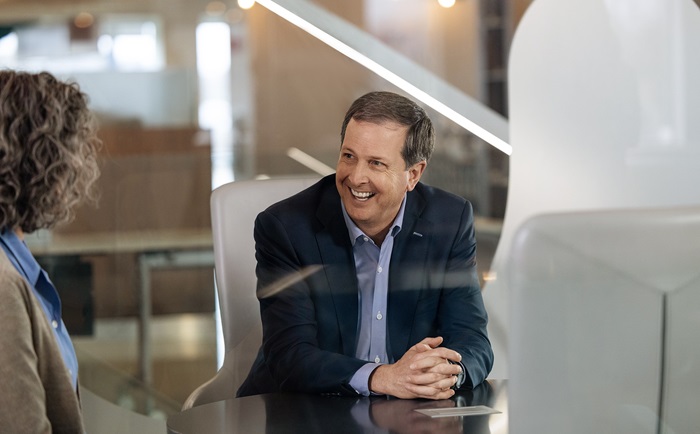
Many companies say they hire on “culture fit.” Chris Todd and Brian Reaves, the former CEO and Chief BD&E officer, respectively, of software giant UKG, argue this is a dated practice that often leads to biased decisions in “A New Belonging: A Fresh Take on DEI.” “If everyone shares the same beliefs and comes from the same background, innovation will be hard to come by,” they write. “People with varied experiences bring different perspectives. A more diverse team will raise topics that might not have been thought of and are more likely to form well-rounded efforts and results, possibly conceiving of new initiatives for the business or streamlining work processes.” If you’re looking for ideas to bring fresh perspectives to your Social Capital company, be sure to check out their insightful essay.
Verne Harnish on creating a more equitable compensation system at a Social Capital company
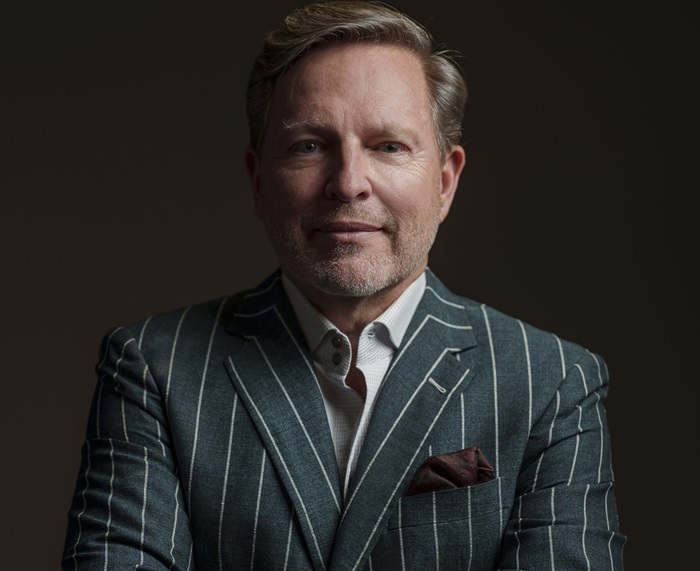
“There is nothing more unequal than the equal treatment of unequals!” according to Verne Harnish, founder of Scaling Up, author of Scaling Up: Rockefeller Habits 2.0 and founder of Entrepreneurs’ Organization. As Verne explains in his piece “Think Fairness, Not Sameness, When It Comes to Compensation,” sports players in the same role don’t usually earn the exact same amount, yet few would argue that the system is unfair — so why not adopt the same approach in business? The question is how to do that. In his piece, he details the approach used by teleradiology provider TMC. If you’re looking for ideas on how to create a more equitable compensation system at a Social Capital company, this article is the blueprint you’ve been looking for. (Published on October 24, 2024)
Tom Nolan says it’s really about ‘having empathy for what people are going through’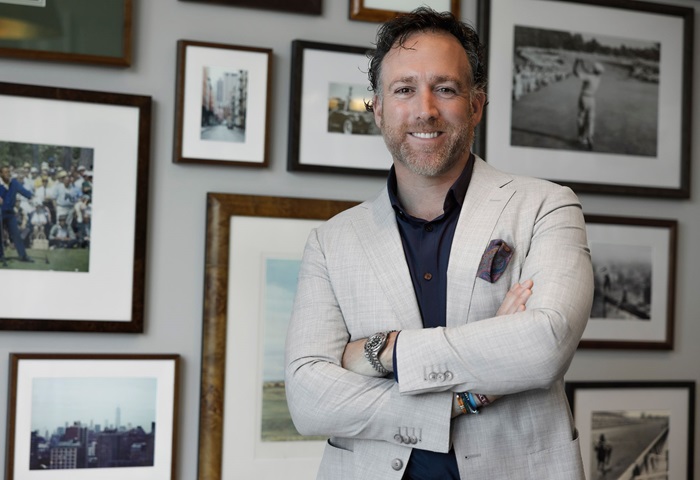
Living by the Golden Rule and treating others the way you want to be treated can create a much happier, more harmonious life, and the same holds true at companies. In “Tom Nolan’s Cancer-Ward Epiphany Led Him to Accept the Helm at Kendra Scott,” Tom Nolan explains how he brings this philosophy to accessories company Kendra Scott. Says Tom, “It’s really having empathy for what people are going through. And understanding what people are going through in their personal lives. To be able to give them the comfort, and the safety, if you will, to be able to live their best personal lives. It’s ultimately going to lead to them leading their best professional lives as well.” That’s powerful inspiration for any Social Capital CEO. (Published on October 17, 2024)
The core principle that helped Alan Mulally raise employee engagement at Ford
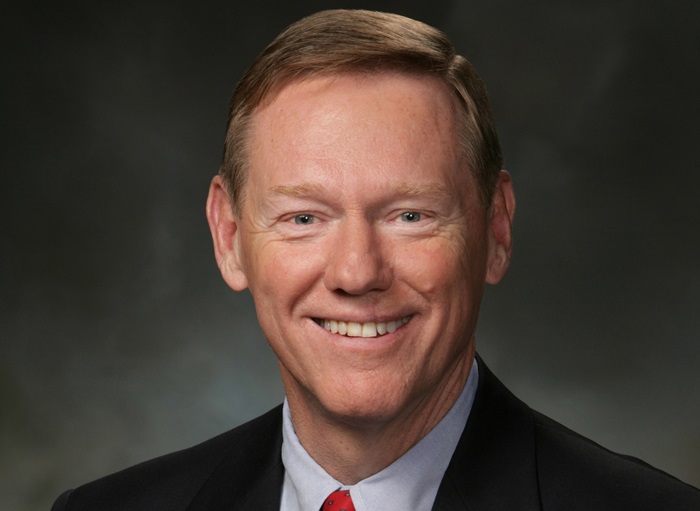
Alan Mulally, former President and Chief Executive Officer, Ford Motor Company.
Alan Mulally is the embodiment of servant leadership, and his work in turning around Ford Motor Co. is a testament to how effective it is. One of his core principles has been: “Remember to seek to understand before you seek to be understood.” That helped him not only bring Ford to profitability but to make massive improvements in employee engagement. “When I arrived at Ford, employee engagement was around 25%. And the employee satisfaction surveys were around 40%.” When he left eight years later, both metrics were greater than 90%. If you’re looking for inspiration for being a better listener — and leader — Alan Mulally is a shining example of excellence on both fronts. Read more of his ideas in “Alan Mulally Built an Operational Strategy around Love — and It Worked.” (Published on October 10, 2024)
‘Never place your identity as a human being based on results’

We live in a world that has programmed us to seek instant gratification — but building a meaningful career is about taking the long view. In “Success and Respect Are Not Instant – Marshall Goldsmith Explains How and Why They Must Be Earned,” the respected business coach explains how to achieve credibility and fulfillment. It’s about being there for your customers, employee, family and community — even when that’s not convenient for you and regardless of what the eventual outcome is. “The counterintuitive part is ‘regardless of the eventual outcome,’” he explains. “People tend to associate results as what everything is about. Never place your identity as a human being based on results.” (Published on October 3, 2024)
#dreamsmadepossible
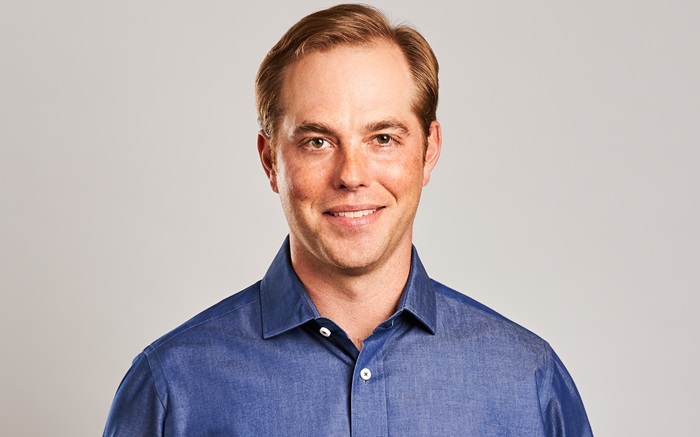
Excellence in business is about more than achieving financial success. One foundation is a personal connection to customers — the antidote to increasingly automated and impersonal ways of doing business. That’s the case at Facet, a mission-oriented company that offers financial planning for every facet of customers’ lives. The company has a dedicated channel called #dreamsmadepossible, where team members share stories of members’ successes each day. “Ultimately, we want to be delivering a service that creates value for our members, grows profitably and is delivered by a team of happy employees,” says CEO and co-founder Anders Jones in our feature “In Pursuit of Excellence in Business.” That’s Social Capital in Action. (Published on September 26, 2024)
‘If you want to help someone, listen more than talk’

Digital technology is unlocking opportunity for talented people around the world who might otherwise not have access to it. Leading the charge is Someone Somewhere, a company that is helping artisans in Latin America sell their wares far beyond the borders of their countries through e-commerce. Leader Antonio Nuño says that listening to the artisans and viewing the enterprise as a collaboration have been essential elements to the company’s success. “A key learning was … if you want to help someone, listen more than talk,” he says. It’s a lesson that can benefit virtually every Social Capital company. Read more on his philosophy in “Visionary Entrepreneur Unlocks Global Market for Artisans in Remote Villages.” (Published on September 19, 2024)
Social Capital CEOs looking to build a workforce that can navigate the future won’t want to miss this!

One time-honored way to break the cycle of poverty is through education. Rachel Romer is on the front lines as co-founder and executive chair of Guild, a Denver-based B Corp. that helps people gain an education through their employer’s tuition benefits. Guild works with the largest employers in the country — companies such as Walmart, Chipotle, Disney and Lowe’s — to bring education and upskilling to their workforce and enable their teams to go to school debt-free. Companies that partner with Guild see an average of $2.84 in savings for every $1 invested in education benefits — a net return of $1.84. “In partnering with leading employers across the country, we have demonstrated an ability to deliver positive outcomes both for corporations and their frontline employees, leading public and nonprofit universities and society more broadly,” Rachel says. Social Capital CEOs looking to build a workforce that can navigate the future won’t want to miss “Helping Employees Break the Paper Ceiling Turned into a Billion-Dollar Idea.” (Published on September 12, 2024)
Payam Zamani’s ‘One Planet Summit’: Integrating business insights with spiritual perspectives

After orchestrating a billion-dollar IPO at his company Autoweb.com, Payam Zamani founded the private equity firm One Planet Group, which invests in online technology and media businesses that improve society and contribute to their communities. A former refugee from Iran, he started the fund after finding that great wealth left him feeling disconnected from his spiritual beliefs. Now he’s bringing together other leaders and visionaries at the One Planet Summit, a new annual conference focused on integrating spiritual principles into business and advancing the well-being of humanity. The by-application-only event will take place at the Palace Hotel in San Francisco on Oct. 11 to 13.
“Like many of you, I have noticed the fundamental flaws in how capitalism has been practiced,” Zamani writes. “We’ve seen the effects: a shrinking middle class, rising homelessness and hunger, and corporate-induced environmental disasters. The growing gap between the excessively wealthy and everyone else is destabilizing our society. My hypothesis is that by integrating business insights with spiritual perspectives, we might be able to address these issues and elevate how we do business. This is the premise for creating the One Planet Summit, and I warmly invite you to join this growing and inspiring community.” Now that’s Social Capital in Action. You can read more of Zamani’s views in “Business is the Ultimate Community Organizer.” (Published on September 5, 2024)
Many employees feel they’re merely a number to leaders who just don’t care
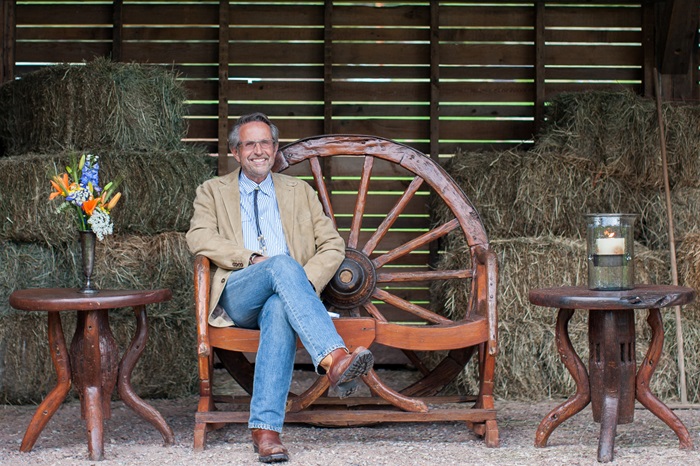
There’s an empathy crisis in corporate America, with many employees feeling like they’re just a number to leaders who just don’t care. Bob Chapman, CEO and chairman of Barry-Wehmiller Companies, embodies the opposite. He is known for creating a company where team members feel safe, cared for and comfortable being their true selves. “When we demonstrate kindness, when we act in empathy, when we show people that they matter, we can restore, honor and protect the sense of dignity that is a basic human need,” he says. “This is how a good job, positive work environments and business itself can work toward ending the poverty of dignity that exists in the world.” Read his perspective in “The Empathy Emergency!” (Published on August 29, 2024)
Empathy ‘starts with being fully present with someone else and quieting my busy mind down’
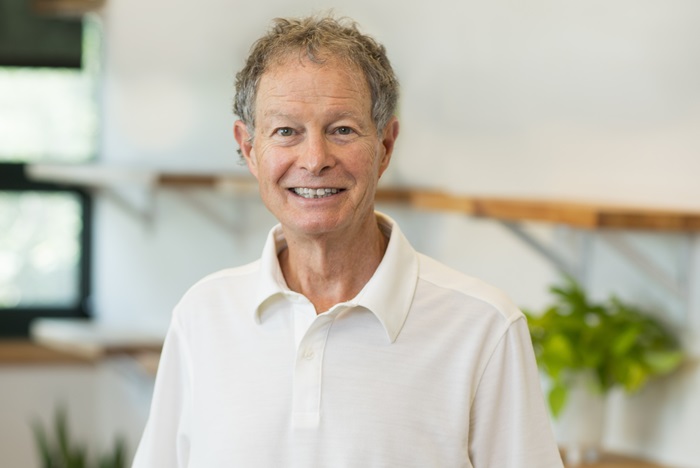
We live in a complex world, and the glue that allows us to get things done is often empathy — understanding the situation of those around us and finding a way to a win-win. John Mackey understood this intrinsically as he built Whole Foods and is applying it at his startup Love.Life. “In today’s complex world full of various interdependent organizational stakeholders, as well as a very challenging political environment, empathy has become even more important for leaders to skillfully employ,” says Mackey. “It starts with being fully present with someone else and quieting my busy mind down. When my mind is quiet and I am present, I can really listen to what someone else is saying (both verbally and non-verbally) and feel what she or he is feeling. In such a mindful state of presence, I am better able to go much deeper into whatever situation I find myself in and can see and intuitively know what is most appropriate to say or do.” Soak up more of his immediately actional perspective in “The Empathy Emergency!” (Published on August 22, 2024)
Ed Bastian’s response to the CrowdStrike outage embodies the best of the Social Capital spirit

Delta Air Lines Olympics LIvery reveal at the Technical Operations Center in Atlanta, Georgia on December 17, 2021 (Casey Sykes/ Rank Studios)
Delta Airlines was hit hard by the CrowdStrike outage, but, in true Social Capital spirit, CEO Ed Bastian made no excuses. Instead, he did all he could to make customers whole, issuing travel waivers so they could change their itinerary at no charge and providing impacted customers with SkyMiles and travel vouchers. He also inspired his team to work tirelessly around the clock to restore service. With many Social Capital leaders seeking inspiration to navigate the challenges in front of them, we saw fit to share Ed’s update, which embodies the best of the Social Capital spirit, in our “In Pursuit of Excellence in Business” feature. (Published on August 15, 2024)
Fred Hassan explains the importance of building long-term relationships
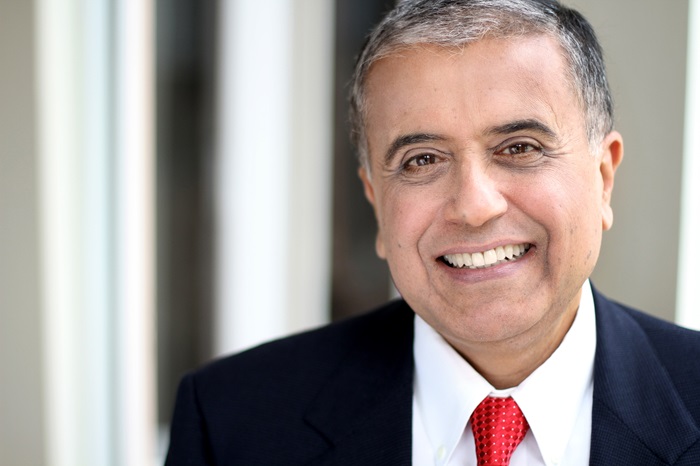 Success isn’t all about selling. Just ask Fred Hassan, a director at private equity firm Warburg Pincus and author of the bestseller Reinvent, A Leader’s Playbook for Serial Success. Although closing deals matters a great deal in the growth of a business, what’s more important is building long-term relationships, he explains in “Former Big Pharma Exec Says Lose the Sale, Not Your Integrity.” That’s an idea that many Social Capital CEOs embrace and embody, as he enthusiastically conveys, and leads to long-term organizational health. (Published on August 8, 2024)
Success isn’t all about selling. Just ask Fred Hassan, a director at private equity firm Warburg Pincus and author of the bestseller Reinvent, A Leader’s Playbook for Serial Success. Although closing deals matters a great deal in the growth of a business, what’s more important is building long-term relationships, he explains in “Former Big Pharma Exec Says Lose the Sale, Not Your Integrity.” That’s an idea that many Social Capital CEOs embrace and embody, as he enthusiastically conveys, and leads to long-term organizational health. (Published on August 8, 2024)
When leaders put themselves in the shoes of their teams
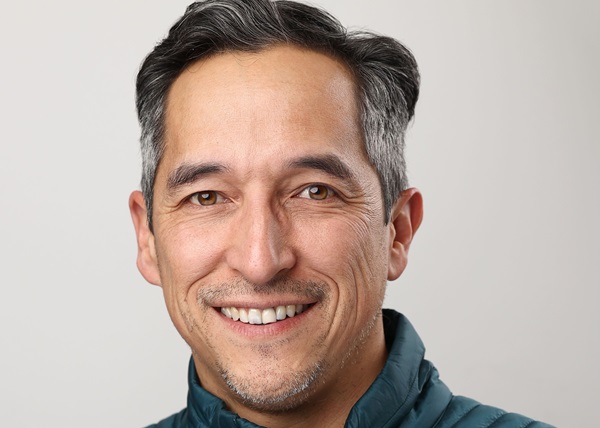
Passion is one of the most under-evaluated forces in business, and nowhere is that more evident than in the world of Social Capital companies where leaders share a passion for putting people first. That’s certainly true for outdoor-gear firm Cotopaxi. “Cotopaxi is powered by the passion of our people,” says CEO Damien Huang. “That passion is not only important for the idea of a distinct and formidable ‘company culture’; it has driven impactful innovation and marketing ideas, and attracted and retained talent. Empathy is a key ingredient in what makes that happen. We lead with empathy simply because it creates better outcomes for the employee, the team and the business.” Soak up the passion for people that unites Huang and our other Social Capital leaders in “The Empathy Emergency!,” which explores the incredible results that take place when leaders put themselves in the shoes of their teams. (Published on August 1, 2024)
‘Happiness is when what you think, what you say, and what you do are in harmony.’
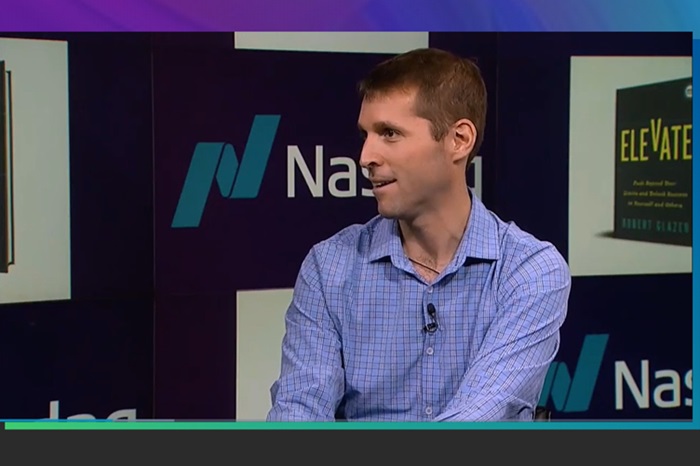
In an age of AI, embracing authenticity and what’s real is more important than ever. But what does authenticity mean and how do you show it in the business world? As Robert Glazer puts it, “I believe that being authentic in business comes down to a very simple principle, inspired by a famous Gandhi quote related to happiness: ‘Happiness is when what you think, what you say, and what you do are in harmony.’” Read more of this Social Capital entrepreneur’s insights in “Authentic CEOs: Antidote to the Counterfeit Culture.” (Published on July 25, 2024)
Read all about Jill Koziol’s signature achievement

Mothers are an important part of the workforce and many companies’ customer base. Co-founder and former CEO of Motherly, Jill Koziol has made it her priority to understand and cater to moms, as she details in “Mothers: The Niche Everyone Wanted to Monetize and No One Wanted to Serve.” One signature achievement: Motherly’s Annual State of Motherhood Report, the largest study of its kind. If you’re looking to create a workplace where mothers want to stay, you’ll find valuable insights on what matters to them in this important piece. (Published on July 18, 2024)
‘I’ve got a bigger purpose. A grander plan.’

It’s tempting to go after a quick payday if someone makes an offer for your company. However, there is more to the decision than money, as Brian Scudamore points out in “Why Exit When Running Your Company Is So Much Fun?” As the Social Capital leader writes, “I’ve got a bigger purpose. A grander plan.” And the joy of watching people grow, planting seeds and rallying a team has him hooked on continuing to own O2E Brands, the parent of 1-800-GOT-JUNK. His thoughts are a must-read for any Social Capital leader who is being wooed now by investors or who may be someday soon. (Published on July 11, 2024)
How do you build your empathy ‘muscles?’
As former WD-40 CEO Garry Ridge puts it, “Empathy is about connecting with people on a human level, recognizing their emotions and experiences, and responding with compassion and understanding. It goes beyond sympathy, which is simply feeling sorry for someone; empathy requires us to put ourselves in their shoes and feel what they are feeling.” But many leaders find they are out of touch with their empathetic side. How do you build your empathy “muscles?” Read Garry’s perspective in “The Empathy Emergency: Successful Business Leaders Need It Now More Than Ever.” (Published on June 27, 2024)
Aron Ain’s heartfelt approach to trust-building
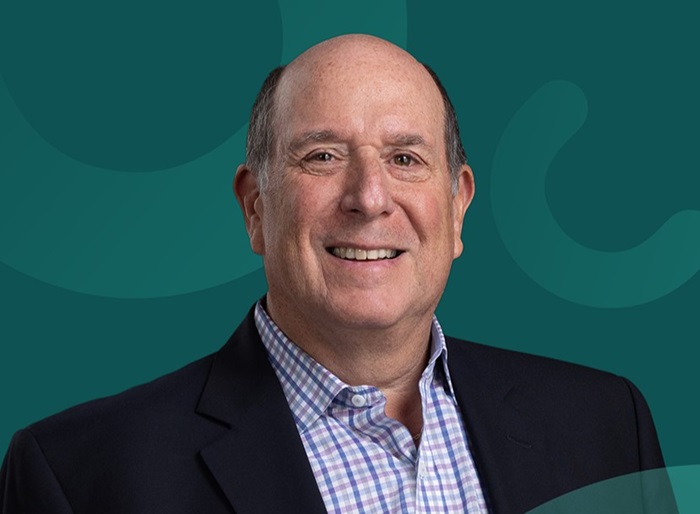
Trust is the foundation for any business relationship, but it’s in short supply in our culture. Nowhere is that more evident than in the workplace. Aron Ain, former CEO of UKG, found a way to increase trust among employees in a few short months. The key is communicating honestly and behaving respectfully. Building a foundation of trust is what allows leaders to delegate successfully, even as they hold onto the right to overrule team members when necessary. Read on for Aron’s heartfelt approach to trust-building in “How to Win Back Your Employees’ Trust.” (Published on June 20, 2024)
‘No matter what our role, we get to choose our purpose’
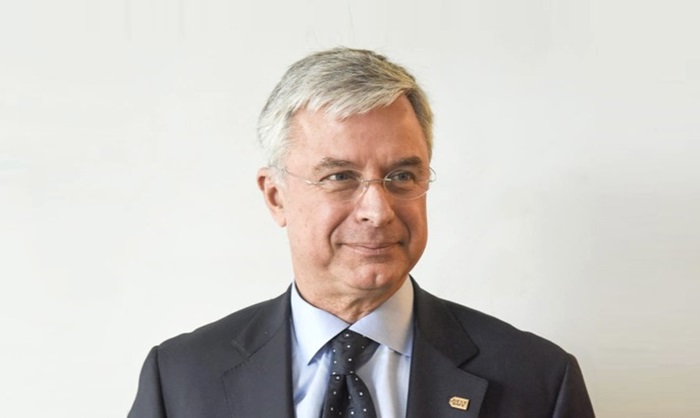
Imagine what the world would be like if at least 80% of people gave their best at work. Hubert Joly brought that idea to life at Best Buy, spurred to make work inspiring by the memories of a demoralizingly meaningless summer job he took as a teenager many years ago. One way he did this was by reconnecting team members to their purpose. “No matter what our role, we get to choose our purpose, and we get to consider how our work is connected to it,” he says. Read more of his Social Capital philosophy in “More Workers Are Seeking More Meaning. Leaders Must Deliver It.” (Published on June 13, 2024)
Using AI to create opportunities for those on the entry level
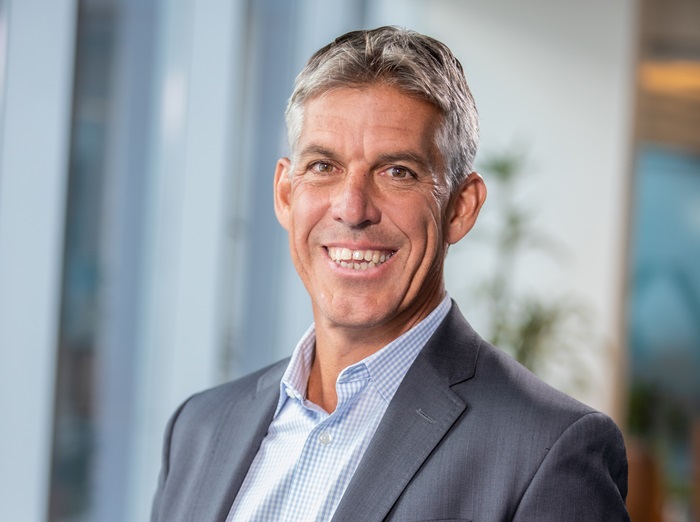
Most people didn’t give much thought to the supply chain until the pandemic brought us shortages of many seemingly boring staples we couldn’t live without, like toilet paper. Blue Yonder is making it less likely we’ll see those empty shelves again with its operating system for the supply chain industry. Duncan Angove’s company relies on AI to supplement its team, and, contrary to what you might expect, the AI has created opportunities for those on the entry-level tiers to move up. Learn more in “Remember Empty Shelves and Stockpiled Toilet Paper – Blue Yonder’s AI Solution Promises Never Again.” (Published on June 6, 2024)
Austen’s approach to listening to students
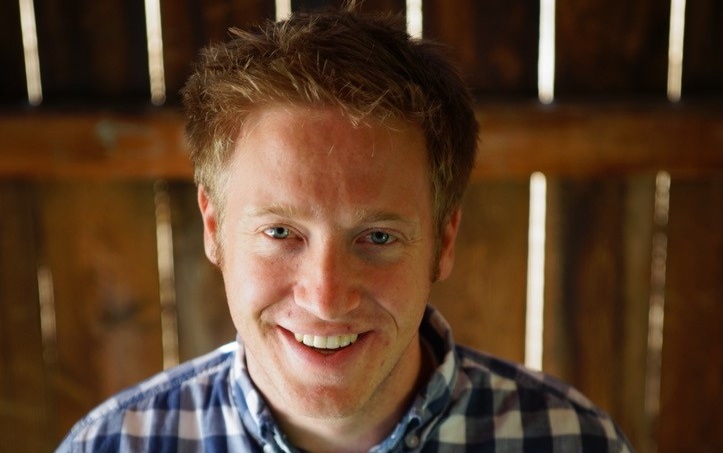
Austen Allred started the innovative tuition policies at the Bloom Institute of Technology after listening closely to students who took his free classes in technology. He’d invite satisfied students to join the paid program, but they couldn’t afford it — so he’d offer to pay their tuition and let them pay him back. As that became more of a common practice, demand increased and led to an institutionalized policy. The Institute now gets 1,000 applications a month. Read about Austen’s approach to listening students in “Business Leaders Who Really Know How to Listen.” (Published on May 30, 2024)
When they rolled out the first versions, the reaction was overwhelming
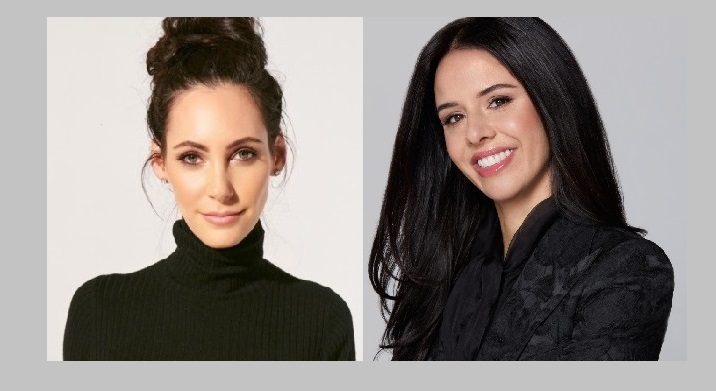
FIGS, based in Santa Monica, Calif., makes high-quality scrubs and other medical equipment, and through the Threads for Threads initiative helps to donate scrubs to healthcare professionals who work in resource-poor counties. Co-founders and co-CEOs Trina Spear and Heather Hasson started the business after Hasson met with a friend from the nursing field who came off a shift in ill-fitting scrubs. What if they created them in cutting-edge materials, with purpose-driven designs? When they rolled out the first versions, the reaction was overwhelming. They’re now scaling their vision after raising capital and are involved in advocacy efforts, like their “Awesome Humans Bill,” focused on solving issues of importance to healthcare workers, like fair pay. Check out their story in “Companies Created to Save the World – for Real.” (Published on May 23, 2024)
Antonio Nuño has some innovative ideas on employability and sustainability
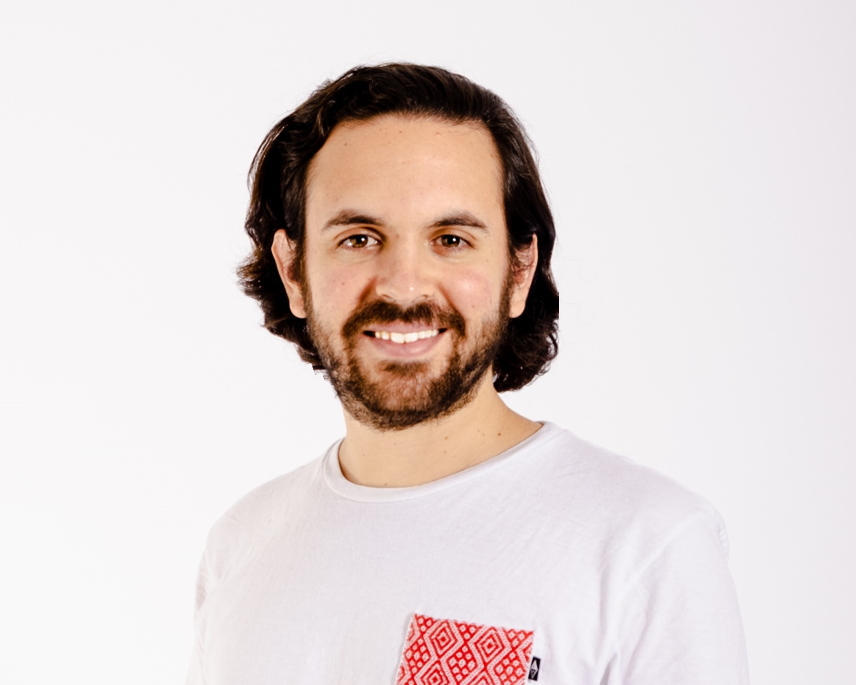
Antonio Nuño always knew he wanted to focus his energy on solving the world’s biggest problems. He’s tackling two at the same time through Someone Somewhere, a company that helps indigenous artists in remote, rural communities to sell their wares. The startup helps them combine traditional handicrafts with sustainable materials and connect them to customers around the world using technology. To read more on Nuño’s innovative ideas on employability and sustainability, check out “Companies Created to Save the World – for Real.” (Published on May 16, 2024)
Laura Katz is on a mission to help more people on the planet reap the nutritional benefits of breast milk
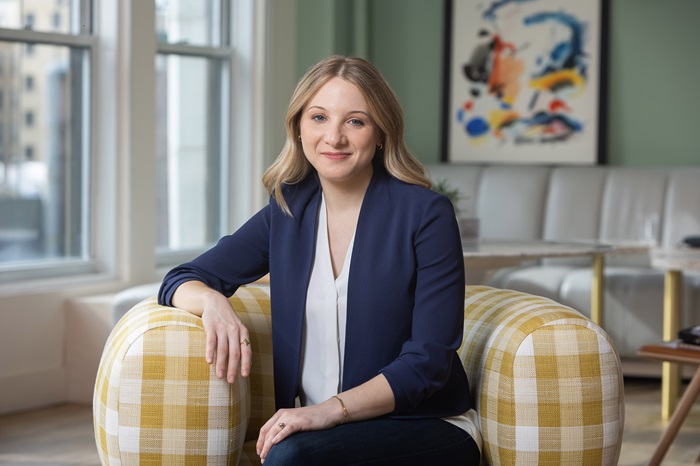
At nutrition startup Helaina, CEO and founder Laura Katz is on a mission to help more people on the planet reap the nutritional benefits of breast milk. Inspired by a podcast talking about moms buying black-market breast milk, she wondered if the sought-after nutrients it contains could help people beyond infancy. Helaina, which raised $35 million in funding, has introduced the protein Effera Human Lactoferrin, an iron-modulating protein that is highly concentrated in human colostrum. Lactoferrin has been found to balance the immune system, support healthy gut function and optimize iron levels. Read more about Helaina and other companies that are solving problems once tackled only in the nonprofit sector in “Companies Created to Save the World – for Real.” (Published on May 9, 2024)
Sarah Robb O’Hagan aims to teach leaders how to prevent burnout
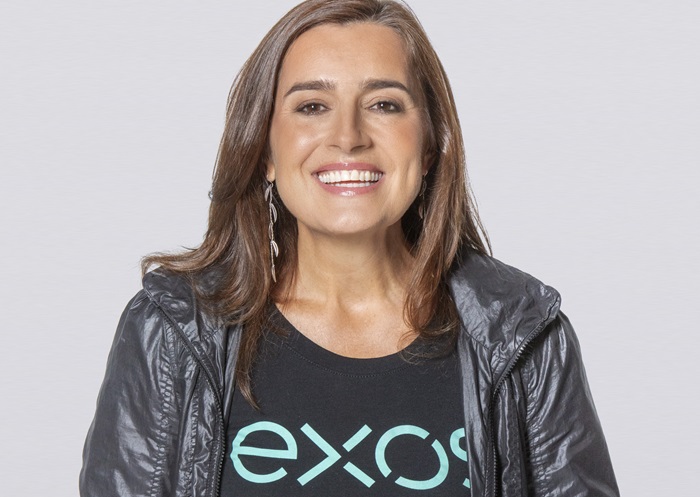
CEOs are like elite athletes in many ways. With many working 12-, 14- and 16-hour days, they often keep going until they crash. Sarah Robb O’Hagan, CEO of the coaching organization EXOS, aims to teach leaders how to prevent burnout, for themselves and everyone else on the team. Her coaches arm them with the tools to create a culture that allows everyone adequate time for recovery. “If you can set that tone for your team, you are going to make a huge difference in their engagement, how excited they are to be at work and, ultimately, how productive they are because you’re helping them feel great at their day,” she says. She shared her approach with Chris Benguhe founder, president and publisher at the Dave Alexander Center for Social Capital recently. You can watch their conversation here. (Published on May 2, 2024)
‘It’s crucial to ensure the people identified for leadership roles actually want to lead’

Most organizations expect everyone on their team to want to ascend to manager or team leader. Bob Glazer, founder and chairman of Acceleration Partners, feels that the traditional approach does not consider the diversity of employees’ ambitions. “While a key responsibility of a leader is to identify and develop new leaders, it’s also crucial to ensure the people identified for leadership roles actually want to lead,” he writes. “Any leader who fails to do this puts their organization’s health in jeopardy.”
So, what does that look like in real life? Glazer shows how to recognize employees who prioritize excellence but don’t see themselves leading the charge in his essay “Respecting the Diversity of Employee Ambition.” It lays out a path for any Social Capital CEO who is looking to recognize subject matter experts, creative rockstars, working parents who don’t want more responsibility than they already have and other valued team members who don’t want to lead a team with an alternate path to advance in their careers. (Published on April 25, 2024)
Outdoor walking meetings are fostering both productivity and well-being
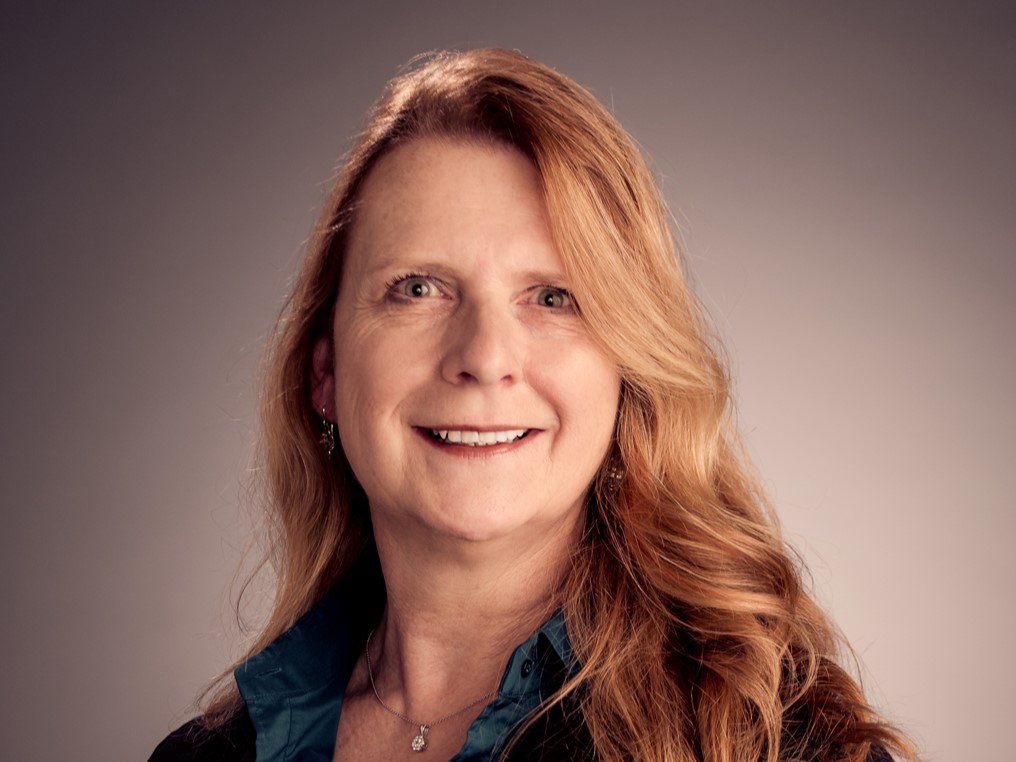
In Germany, where AAA Translation founder Susanne Evens grew up, perks like massages and 30 days annually of vacation are standard. And parents are entitled to up to three years of parental leave per child, which can be split continuously or shared among parents. However, Evens found that in the U.S., prevailing workplace practices — which allowed for little flexibility and limited wellness benefits in many companies — were hard on single mothers like herself. So, when Evens started AAA Translation, she was determined to do things differently. Her business is virtual and prioritizes flexible work arrangements, with remote options, flexible options and unlimited time off. And she also pays attention to the seemingly little things that contribute to a life-supporting culture. “Outdoor walking meetings have become a regular occurrence, fostering both productivity and well-being,” she says. Read more about what AAA Translation is doing to support wellness in “Well-Being and Companies Slaying the Burnout Dragon.” (Published on April 18, 2024)
Read how Bob Chapman is prioritizing and incentivizing wellness

As Bob Chapman, chairman of Barry-Wehmiller companies, sees it, the vast majority of illnesses are caused by chronic stress “and the biggest cause of chronic stress is work.” The company’s Truly Human Leadership philosophy is one method of tackling that, on the premise that bosses have a big impact on the health of their teams and building healthier bosses will have a trickle- down effect. The company also has introduced a wellness program that incentivizes team members to take care of their health through being physically active and getting preventive screenings.
Says Chapman, “The primary way we contribute to their well-being is by providing an environment where they feel valued and fulfilled, where they feel energized by their time working rather than drained by it. That’s why we have invested in teaching our global leaders the skills and courage to care for those they have the privilege to lead.” Do a deep dive into how he and other Social Capital leaders are prioritizing wellness in “Well-Being and Companies Slaying the Burnout Dragon.”
‘We wanted to help Delta employees achieve a level of financial security.’

(Casey Sykes/ Rank Studios)
More than 2.8 million people a year die from unmanaged workplace stress, according to the World Health Organization. Financial stress is a part of that in the U.S., with housing and food costs at record highs. To address this, Social Capital company Delta Air Lines is prioritizing financial wellness through efforts such as its Emergency Savings Program, run in partnership with financial education nonprofit Operation Hope, and Fidelity Investments. More than 35,000 Delta employees have started building emergency savings accounts through the program.
Delta CEO Ed Bastian says the company started the program after seeing statistics that 50% of Americans don’t have access to $1,000 in savings for a financial emergency. “While we can’t solve the problem for everyone, we wanted to help Delta employees achieve a level of financial security by boosting their savings and financial wellness,” he says. “Investing in our people, along with providing tools and education to help manage and grow their wealth, is part of our responsibility as a values-led organization.” Read more about efforts like this in “Well-Being and Companies Slaying the Burnout Dragon.” (Published on April 4, 2024)
‘We provide a work environment at Cotopaxi where faith is not a taboo topic’
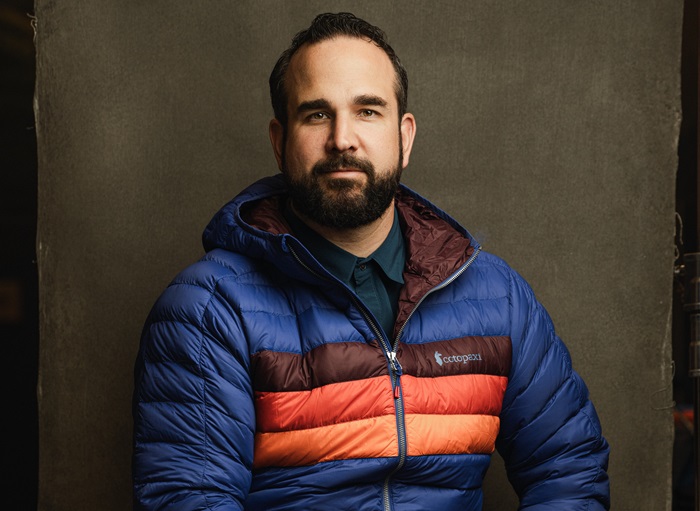
Faith is an important part of many people’s lives, and more companies are realizing that allowing employees to express this part of their identity at work is a critical part of diversity, equity and inclusion. Stephan Jacob, COO and co-founder of Cotopaxi, has found that it’s important to proceed carefully, to avoid situations that might cause division. The crux is communication: “To me, that is all the more reason to ensure that we provide a work environment at Cotopaxi where faith is not a taboo topic but is acknowledged as a contributor to a thriving team of diverse talent,” he says. Learn how this innovative Social Capital leader is pioneering fresh approaches to faith in the workplace in “Faith Matters—And The Business World Finally Gets It.” (Published on March 28, 2024)
‘Like a pebble in the pond’
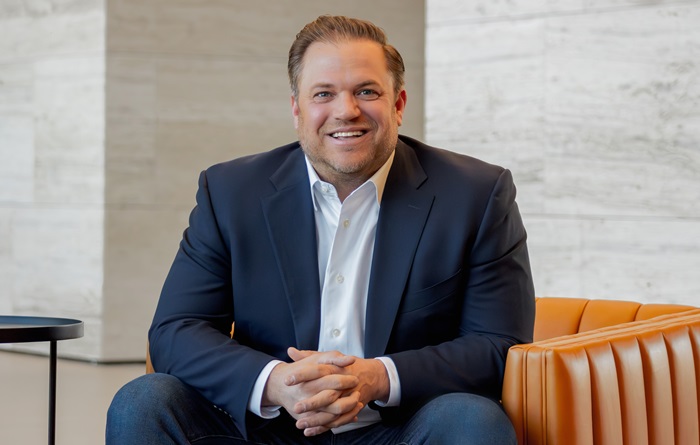
Social Capital CEO Jonathan Keyser is taking the cutthroat vibe out of commercial real estate at his firm Keyser. His goal is to help as many people as possible. “The more people we help, the more they go tell others about how great we are and how we help them, then those people we can help,” says Jonathan. “… it’s like a ripple effect, like a pebble in the pond. And to us it’s so inherently simple, right?” Jonathan shared the insights that have allowed him to build a firm that has made it to the 10-year mark running one of the largest independent firms of its kind in the country, speaking with Chris Benguhe, founder and president of the Dave Alexander Center for Social Capital, in an exclusive video interview. Check out their convo in “‘Love’ Replaces ‘Cutthroat’ in Jonathan Keyser’s Approach to Commercial Real Estate.” (Published on March 21, 2024)
Finding safety in numbers
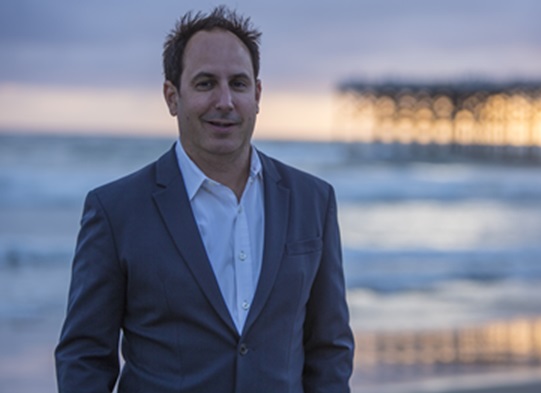
Stephan Aarstol, owner and founder of Tower Paddle Boards, has found there is safety in numbers. In addition to his e-commerce business selling the boards, he’s founder of the No Middleman Project, where 400 small businesses selling direct-to-consumer brands come together in a curated showroom on the Internet, so they can withstand the pressure of competing with giant online stores. The showroom links to their online stores. “You’ve got to get somebody in there that is willing to have a monopoly without exercising that monopoly, and it has to be some kind of an altruistic thing or some kind of a social benefit company,” says Stephan. Small businesses will always face competition from bigger, deeper-pocketed rivals, but as Stephan’s example shows, there are creative solutions available to Social Capital CEOs who are willing to come together. Watch his exclusive interview with Chris Benguhe, founder and president of the Dave Alexander Center for Social Capital, here. (Published on March 14, 2024)
Bob Chapman embraced a people-centric way of business long before catchphrases like ESG became trendy
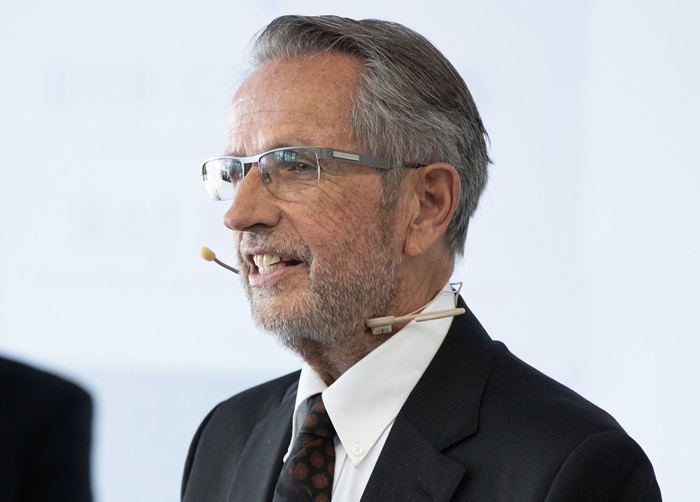
It wasn’t all that long ago that leaders were drinking the Kool-Aid that business was just about the numbers. Today’s more enlightened CEOs have had a chance to learn from the past three decades of observing a business world driven by little more than quarterly profits and realize that if you don’t care about people — those who work for you, your customers and your community — your business will not be sustainable. Social Capital CEO Bob Chapman, who leads Barry-Wehmiller, embraced a people-centric way of business long before catchphrases like ESG (environmental and social governance) became trendy. Read his compelling ideas in “CEOs of the Future Must Not Be Penny-Wise and People-Foolish.” (Published on March 7, 2024)
BloomTech is revolutionizing how schools provide education to democratize access to skills

Thanks to the tech transformation sweeping many industries, workers with tech skills will be some of the most sought-after in decades to come. Austen Allred, founder of BloomTech, is revolutionizing how schools provide education to democratize access to these skills, offering options that include one where students pay zero tuition up front. This is creating the potential for generational economic change in communities across America. Says Austen, “The traditional risk equation of education is deeply flawed. It places an overwhelming burden on the individual — not the educators. I co-founded Lambda School [now BloomTech] with the underlying hypothesis that if we eliminate risk and align the incentives of students and schools on a large enough scale, we can democratize access to career and income mobility.” It’s a mission that is changing lives every day and one that will inspire any Social Capital CEO who reads his story in “Five CEOs Who Empower Others — And How!” (Published on Feb. 29, 2024)
Here’s how Cotopaxi is empowering its employees

Clear communication is the key to empowering employees. In Social Capital feature article “Five CEOs Who Empower Others—And How!” Damien Huang, who recently took over the reins at Cotopaxi as CEO, explains how to spark the critical conversations that allow employees to feel they have a stake in a company and how it does things. “Our culture strives to foster clear communication and active feedback within our teams, so employees understand organizational goals and their role in achieving them,” he shares. “They have well-defined decision-making authority and autonomy within their sphere of expertise.”
But the company’s efforts don’t stop there. The company strives to give employees access to all the people and information they need to do their work. And it invests in the tech tools to support strong communication among a dispersed workforce. This benefits the company, its employees, its customers and its community — the foundations of a Social Capital company. As Damien puts it: “Empowered employees bring their full selves to work and feel able to contribute the best of their abilities. They recognize how the work they are doing supports their peers, their team and the company at large.” (Published on Feb. 22, 2024)
Read Antonio Nuño’s recommendations on supporting a healthy planet

Many of us have wondered what we can do to support a healthy planet through the activities of our company. In “The Amazing Power of Human Capital,” Antonio Nuño, co-founder and CEO of Someone Somewhere, a B-Corp, offers a useful blueprint, sharing best practices he learned from his friend Pantaleon, who constructed the building where Antonio lives. Antonio’s recommendations, based on his friend’s strategies: Regenerative agriculture and local consumption, re-utilizing materials by re-imaging them, recycling, refurbishing and community living, and reusing. These ideas bring welcome simplicity to the challenges of running a more sustainable operation, no matter what its size. Don’t miss this short but powerful essay. (Published on Feb. 15, 2024)
Garry Ridge shows how to create an environment where employees can be their authentic selves & flourish
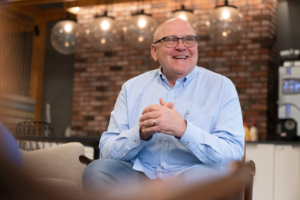
Bring your whole self to work.” Many companies ask employees to do just that, but everyone knows they want only the sanitized, Facebook-ready version of that self. Garry Ridge — who was CEO of WD-40 for 25 years and is now a consultant, coach and founder of global firm The Learning Moment — has put this concept into action in a way that may give you inspiration.
“Knowing we are accepted and fully welcome in an emotionally healthy workplace environment that provides for us, and our family is the foundation of psychological safety that benefits everyone involved — customers, workplace colleagues, family members, the community, even the world,” Garry says. In “Garry Ridge Says CEOs Must Realize the Impact of Work Life on Home Life,” he shows how to create an environment where employees can be their authentic selves and flourish — one built on positive emotions, engagement, relationships, meaning and achievement and that provides the underpinning for a positive home life. You won’t want to miss this essential playbook. (Published on Feb.8, 2024)
How Trent Griffin-Braaf honors team members’ commitment to family
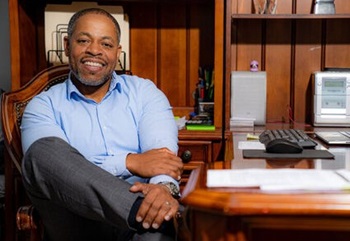
Trent Griffin-Braaf, founder of Tech Valley Shuttle, always cared about family, but when his then-three-year-old daughter caught meningitis that spread to her brain, he had a powerful lifelong reminder of how precious family is. He has brought that deep internal commitment to his award-winning company’s culture, offering an extensive workplace flexibility program and honoring team members’ commitment to family, whether a family emergency involves a close friend or a sibling. Perhaps it should not be a surprise that, in an anonymous survey, 100% of staff were fully engaged and motivated in their roles. You can read more about how Tech Valley Shuttle embraces Social Capital principles in “Family Is the Backbone of Business.” (Published on Feb. 1, 2024)
The compassionate philosophy that drives HeartPoint Global
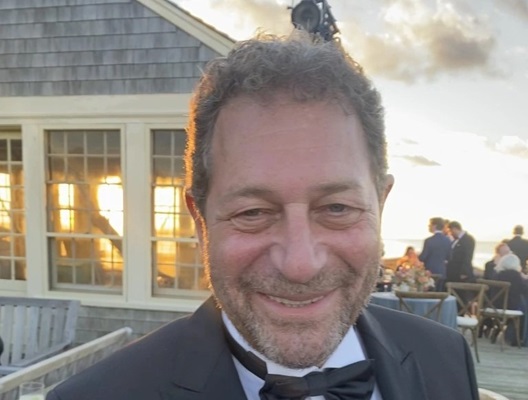
Congenital heart disease is one of the most common causes of infant deaths and is contributing to a tragic rise in the mortality of our nation’s youth. HeartPoint Global, a pioneer in lifesaving devices for cardiac problems, is tackling the problem head on with the development of a device to help children with heart issues, opening the door to a noninvasive alternative to open heart surgery or to help the heart heal itself. At a time when the pharmaceutical and medical device industries have priced many treatments sky-high, the company is selling this device for $4,000, making it affordable to countries in developing regions where equipment that is considered disposable in the U.S. is reused hundreds of times in surgeries. In “HeartPoint Global’s ROI Is Survival For Children With Congenital Heart Disease,” you can read about the compassionate philosophy that drives Social Capital CEO Seth Bogner and bring that inspiration to your own company. (Published on Jan. 25, 2024)
CEO Richard Moore believes the company is about its people
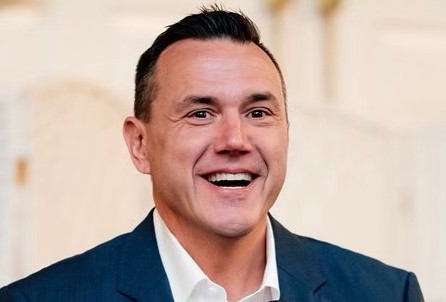
Some companies define their “why” around what they sell or the service they perform. At The Good Feet Store, CEO and President Richard Moore believes the company is about its people, putting goals like their long-term development at the top of his pyramid of concerns. While giving back to the outside community is a priority, companies need to give to those who serve customers every day, too, he believes. Striking that balance is not always easy, but he shares how he pulls it off in “Richard Moore on Making People Your ‘Why.’” Don’t miss this exclusive interview with Chris Benguhe, founder and president of the David Alexander Center for Social Capital. (Published on Jan. 18, 2024)
There are some things only humans can do in the age of AI
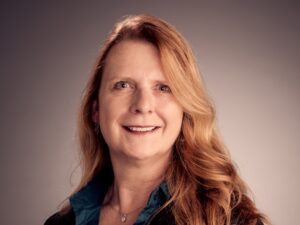
There are some things only humans can do in an age when AI is taking many boring and rote tasks off our plates. At AAA Translation, founder Susanne Evens has made it her mission to support the team members who make translation an art that can’t be performed as well by robots because of all of the nuances of human communication, the sensitivity and confidentiality needed in many situations, and the subject-matter expertise required. In doing so, she is helping to preserve the diversity of the languages that are in active use today. Evens shares her Social Capital philosophy in “One Big Argument Against AI: The Need For Human Understanding in Translation.” (Published on Jan. 11, 2024)
Successful companies ‘stick to their knitting’
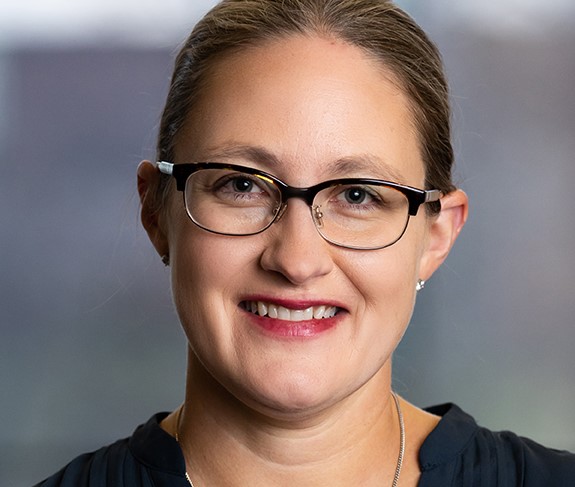
It’s tempting to try to become all things to all people as your company grows, but that approach can lead you away from your true spirit as an organization. As Jasmine Jirele, president and CEO of Allianz Life Insurance Co., explained in our recent feature “Authentic CEOs: Antidote to the Counterfeit Culture,” “Successful companies understand their strengths and core competencies, and ‘stick to their knitting.’ This includes how and where a company engages in the community, the markets in which it operates, how it supports employees and how it makes decisions.” In practical terms, this focus has meant that the company stays focused on finance. (Published on Jan. 4, 2024)
‘I much prefer the word ‘authentic’ to ‘integrity’
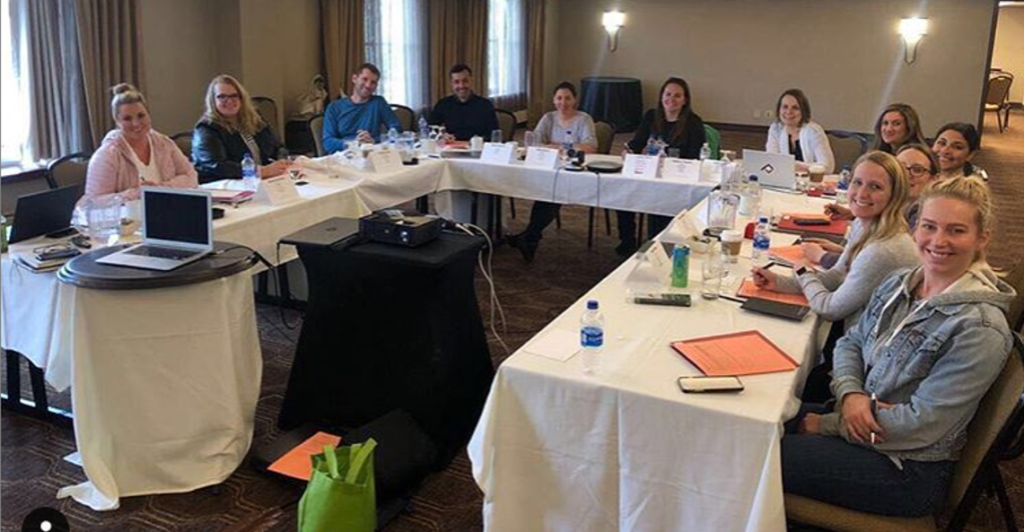
“I much prefer the word ‘authentic’ to ‘integrity,” Robert Glazer, CEO of Acceleration Partners, shared in our recent CEO roundtable on authenticity. As he pointed out, what you think, do and say are all alike, but many people default to saying the “right thing” rather than what they really mean. “So that’s something I’ve always tried to work on, even when it’s not necessarily what people want to hear. And sometimes it can be uncomfortable, too,” says Glazer. If you’re trying to figure out how to bring more of your authentic self to your role as a leader and struggling through those uncomfortable moments, too, you will not want to miss this panel, which is both heartfelt and thought-provoking. (Published on Dec. 19, 2023)
Dr. Chris Mansi’s AI-powered technology is a win-win for doctors and patients
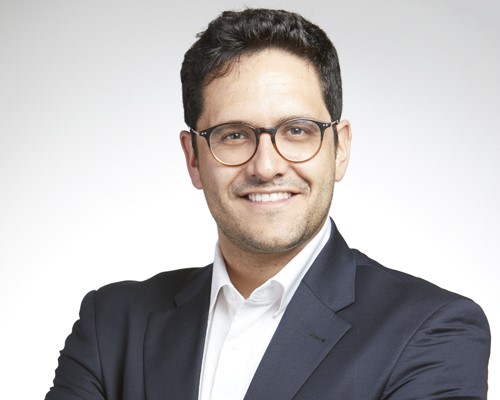
Delays in communication can mean the difference between life and death for patients in critical condition. Enter Chris Mansi, the surgeon behind Viz, an AI-powered technology that reads patients’ medical scans and can quickly identify which doctors in a vast hospital system the patient should see. Dr. Mansi launched the platform in 2016 after completing a successful operation in 30 minutes but tragically losing the patient because of five hours of delays that happened before the surgery. Today, 1,400 hospitals use it, it is reimbursed by CMS and, on top of saving lives, it’s helping to reduce physician burnout through efficiency gains and improve profitability for health systems. That kind of win-win is what running a Social Capital company is all about. You can watch our exclusive interview with Dr. Mansi here. (Published on Dec. 14, 2023)
‘The better educated a mother is, the better mother she can be’

As the new year approaches, Motherly — an expert-driven, woman-centered guide to mothering — is coming up on its first anniversary of making all its content available for free. “I found that if we’re trying to achieve our mission of empowering mothers to thrive, and redefining motherhood with them, we can’t just be doing it for the 50% of the population that can afford it when 50% of children in the U.S. are born on WIC and Medicare,” said Jill Koziol, CEO and cofounder, when Motherly made the decision to switch from a business model based significantly on subscriber revenue to one more reliant on advertising revenue. “Motherly is an education platform, and education is an important social determinant of health, so the better educated a mother is, the better mother she can be.” Now that’s the spirit of a Social Capital company. She shares her approach to business in “Mothers: The Niche Everyone Wanted to Monetize But No One Wanted To Serve.” (Published on Dec. 11, 2023)
What does authentic leadership look like in real life?
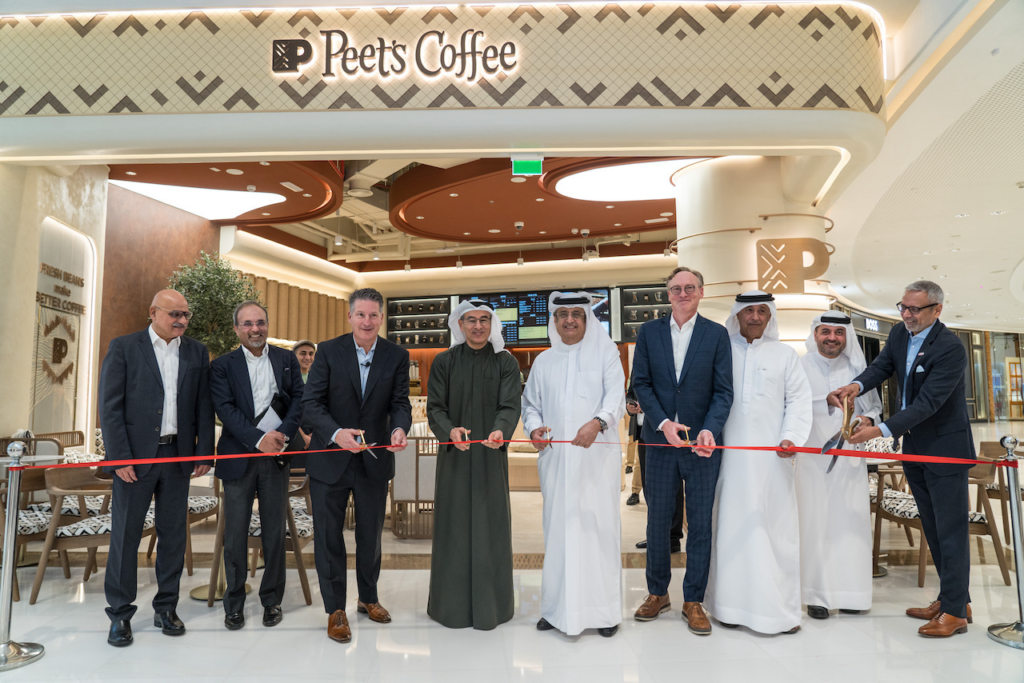
Peet’s Coffee has a fanatical following, and it’s not just because of its coffee. Many of its most avid customers are aware of the commitment it makes to people, among them its team and its suppliers. At a time when companies’ supply chains are more fragile than ever — and more important — President Eric Lauterbach has put its farmers front and center, through practical and valuable help. “We really believe in helping the farmers get better productivity and better yields, which leads to better prices and better quality of life,” he says. And, in turn, it leads to more success for Peet’s, allowing this virtuous circle of capitalism at its best to keep going. Hear more of the thinking behind this juggernaut in our exclusive video interview with Lauterbach.
Seth Bogner leads his team members from his higher self and place of empathy
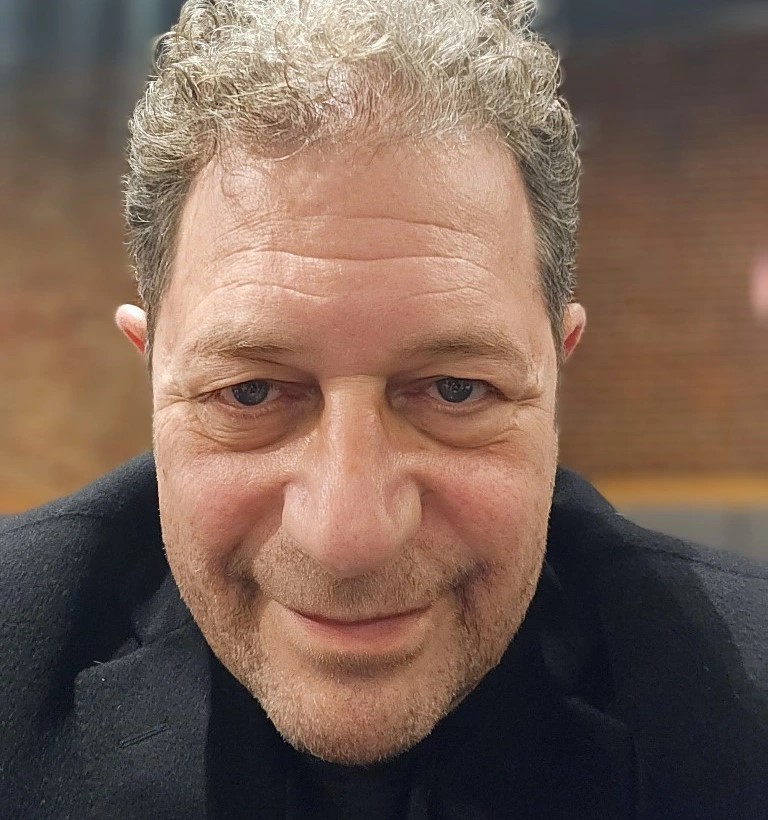 It’s hard to build a Social Capital company if you’re leading from ego and a desire to control others. Seth Bogner, chairman and CEO of HeartPoint Global, makes a conscious effort as a leader to stay self-aware — taking frequent reality checks to make sure he’s leading team members from his higher self and place of empathy. “Using an elevated intention and emotional intelligence for the greater good is infectious and inspires others to align themselves with our example to follow,” as he puts it in “Authentic CEOs: Antidote to the Counterfeit Culture.” He’s a great example of leading from the heart, the essence of Social Capital in action.
It’s hard to build a Social Capital company if you’re leading from ego and a desire to control others. Seth Bogner, chairman and CEO of HeartPoint Global, makes a conscious effort as a leader to stay self-aware — taking frequent reality checks to make sure he’s leading team members from his higher self and place of empathy. “Using an elevated intention and emotional intelligence for the greater good is infectious and inspires others to align themselves with our example to follow,” as he puts it in “Authentic CEOs: Antidote to the Counterfeit Culture.” He’s a great example of leading from the heart, the essence of Social Capital in action.
Helping employees plan for their financial futures

Penny Pennington, managing partner of Edward Jones, sees her employees as family — and their families as part of her extended family. To help them tuck away money for the future and foster “the kind of environment that fosters the complete well-being of that family and enables [employees] to unleash their talents and gifts,” Edward Jones puts billions of dollars in its 401k savings plan. “We’re a firm that helps people plan for their financial futures, so we help our colleagues do that,” she says. That kind of consistency of words and actions is what Social Capital leadership is all about. Read more in “Penny Pennington Affirms Commitment to Growth — of Families.” (Published on Nov. 9, 2023)
‘Leading is not extra work, it’s the work’
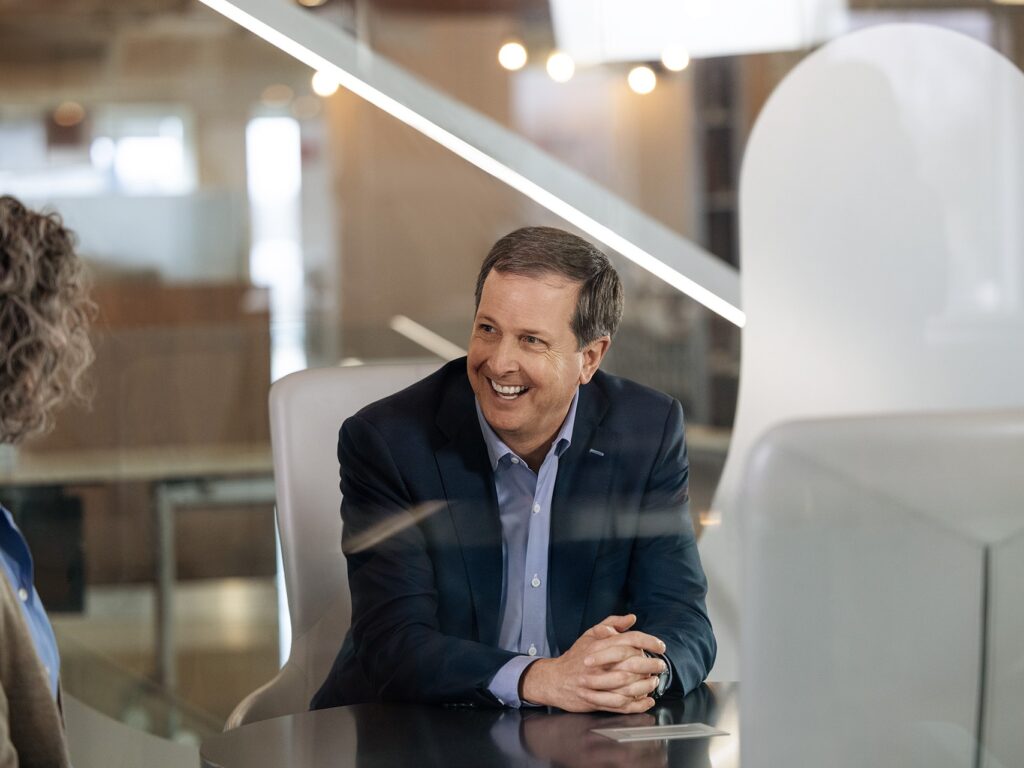
As Chris Todd, CEO of UKG, puts it, “Successful and inspiring leaders understand that leading is not extra work, it’s the work. Being all in on leading and having true care and compassion for people is foundational to authentic leadership.” What does that look like in real life? UKG aims to lead through nine high-trust behaviors: sharing, celebrating, hiring, caring, developing, thanking, listening, speaking and inspiring. “These behaviors cultivate high trust and enable authentic leadership that creates inclusive and productive teams,” he explains. “If you’re serving every individual in your company in an authentic way, then you’re doing your job as a leader — and positive business results will follow.” Learn more about how to show your authenticity as CEO of a Social Capital company in “Authentic CEOs: Antidote to the Counterfeit Culture.” (Published on Nov. 2, 2023)
Authenticity as a leader requires restraint
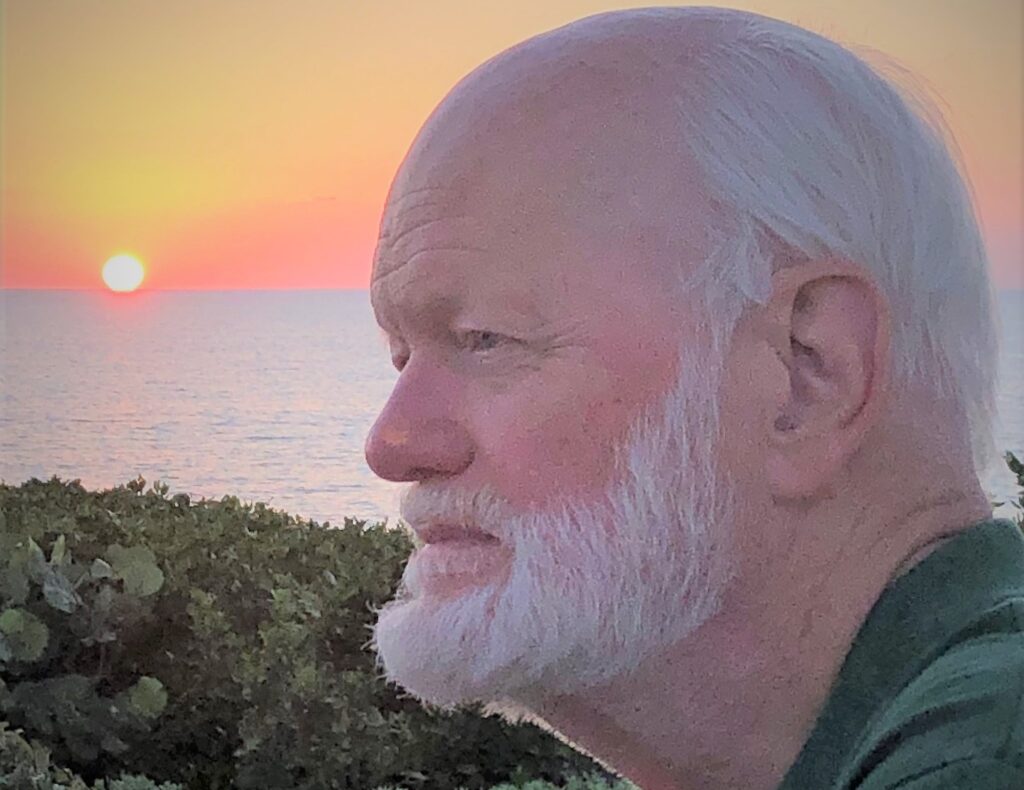
Authenticity as a leader requires restraint. As CEO coach Marshall Goldsmith points out in “Authentic CEOs: Antidote to the Counterfeit Culture,” leaders need to be judicious in what they share. Harmful disclosure may be authentic but it’s not professional. Goldsmith points to Francis Hesselbein, who turned around the Girl Scouts, and Alan Mulally, who turned around Ford, as examples of how to walk this tightrope as a leader. “They were always authentically in the role of being a professional and a leader,” says Goldsmith. “Although I knew both for decades, I never heard either of them make one comment that would be defined as unprofessional or dysfunctional.” For more insights on how to be an authentic Social Capital leader, see “Authentic CEOs: Antidote to the Counterfeit Culture.” (Published on Oct. 26, 2023)
Bob Chapman embraces Truly Human Leadership
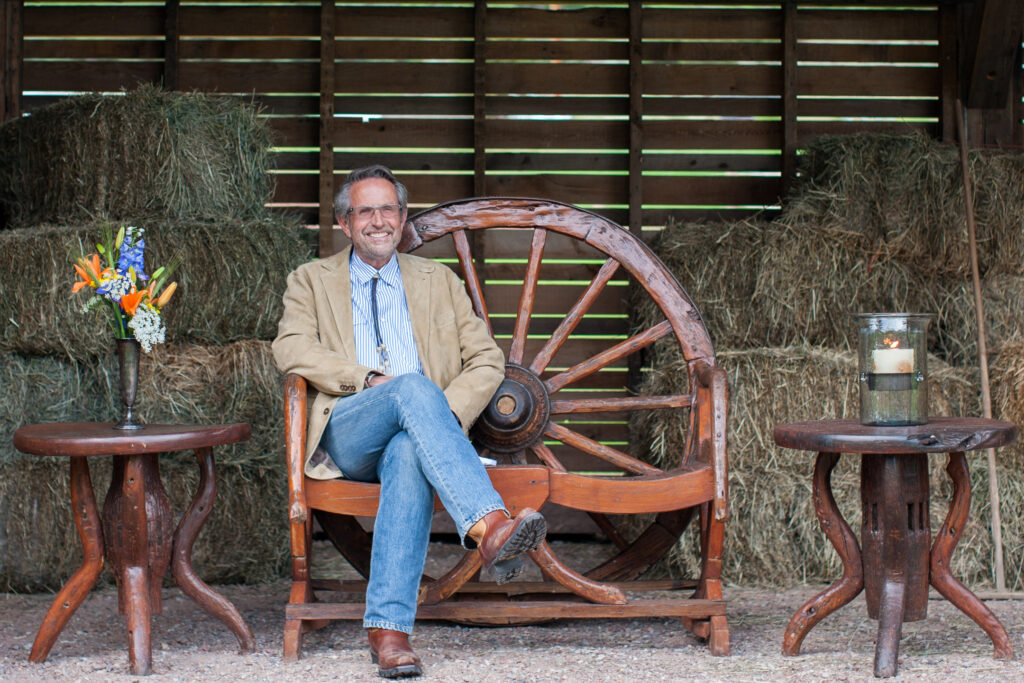
In the not-so-distant past, many people expected CEOs to embrace a formal style of leadership where they had to pretend to have all the answers to keep everyone else calm and following directions. But the old hierarchical ways of running companies have changed, and at Social Capital companies, leadership is more about humility, compassion and empathy than command-and-control. That means leaders can be authentic and real. Bob Chapman is a good example. As chairman and CEO of Barry-Wehmiller, he has embraced what he calls Truly Human Leadership. It’s focused on letting team members know they are valued, cared for and an integral part of every company’s purpose. In our panel on authenticity, you won’t want to miss his thoughts on how leaders can get real. (Published on Oct. 19, 2023)
Delta Makes Special Profit-Sharing Payment In 2022
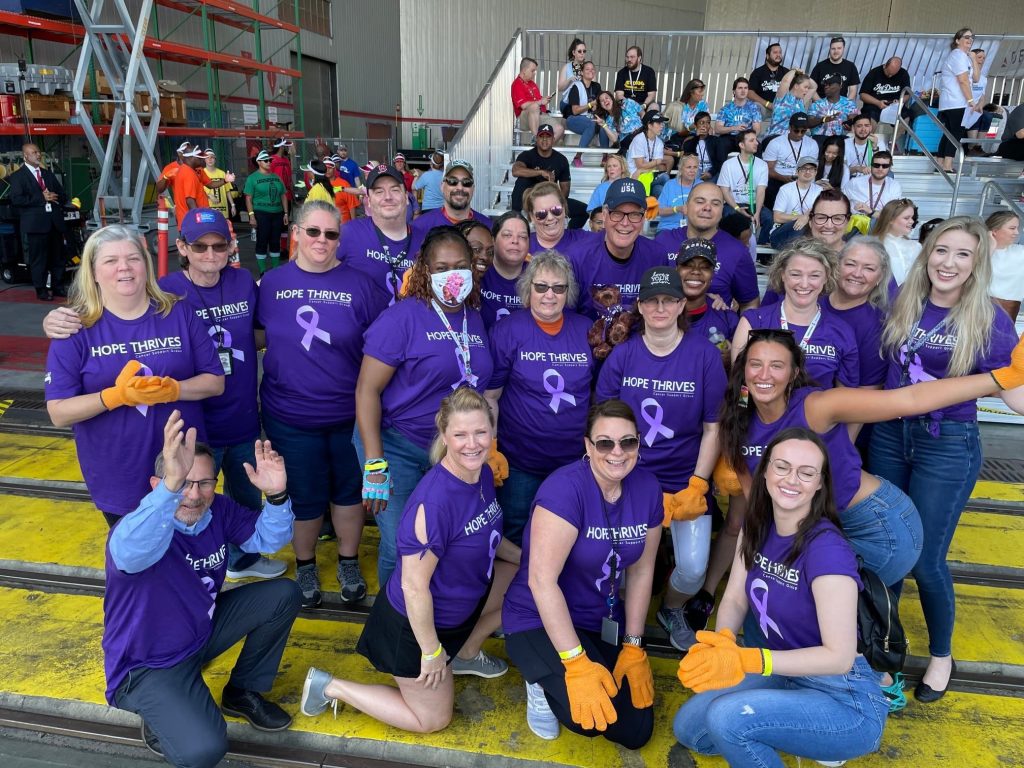
As airlines emerge from the chaos left by the pandemic, customer satisfaction with airlines has increased this year, according to new research by J.D. Power and Associates. CEOs like Delta Air Lines’ Ed Bastian are among the leaders making that happen. Recognizing the contributions of Delta’s team during challenging times, the airline paid out more than $100 million to its people in a special profit-sharing payment in 2022. With many Americans reporting they could not come up with $400 in an emergency, and many scrimping to buy groceries selling for inflated prices, that’s the kind of recognition that matters to workers today — and a great example of Social Capital in Action. (Published on Oct. 14, 2023)

